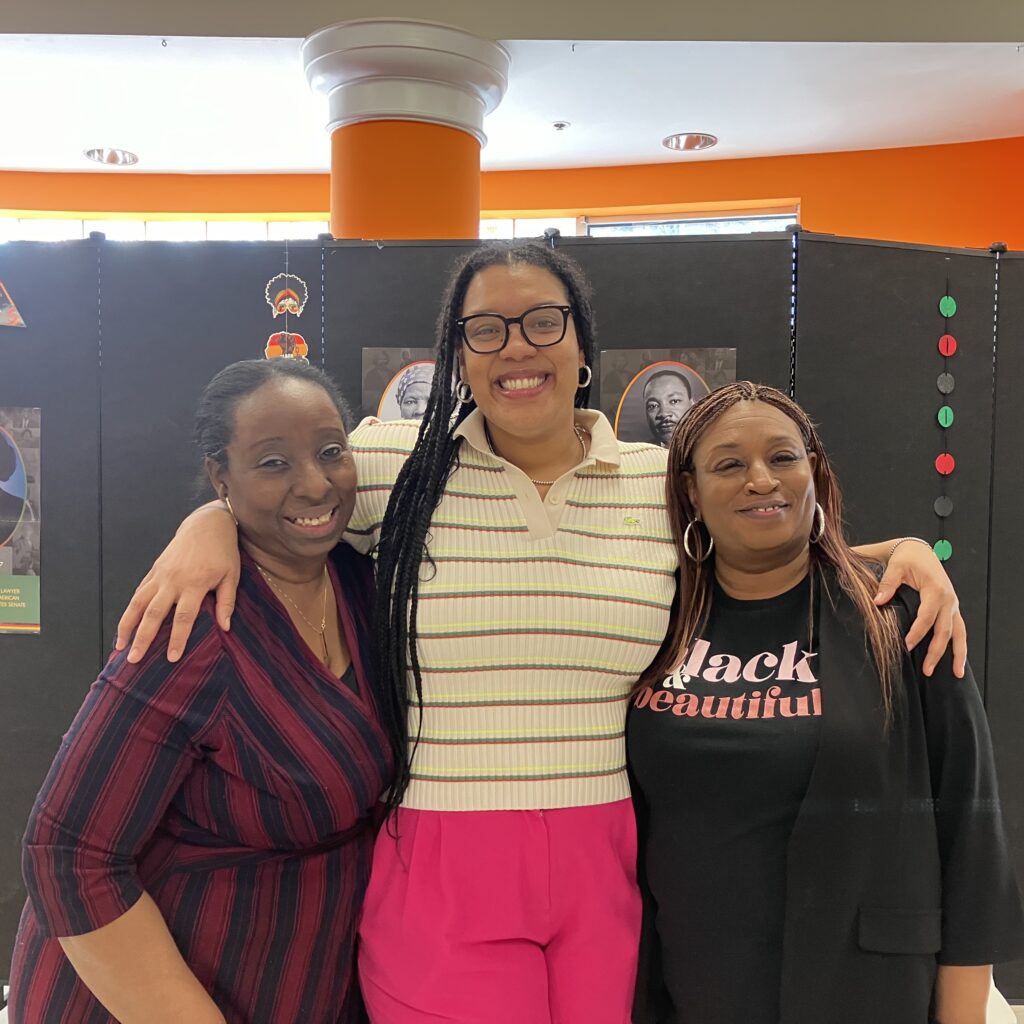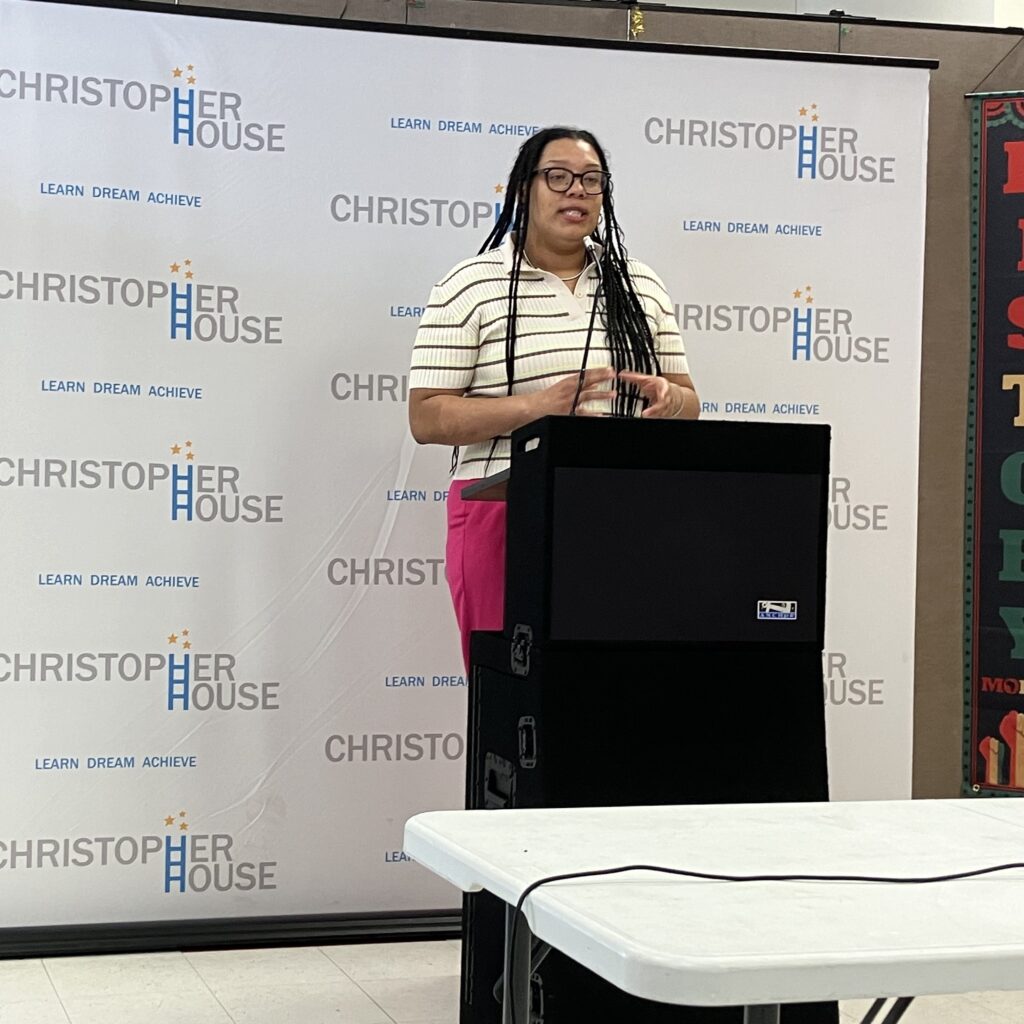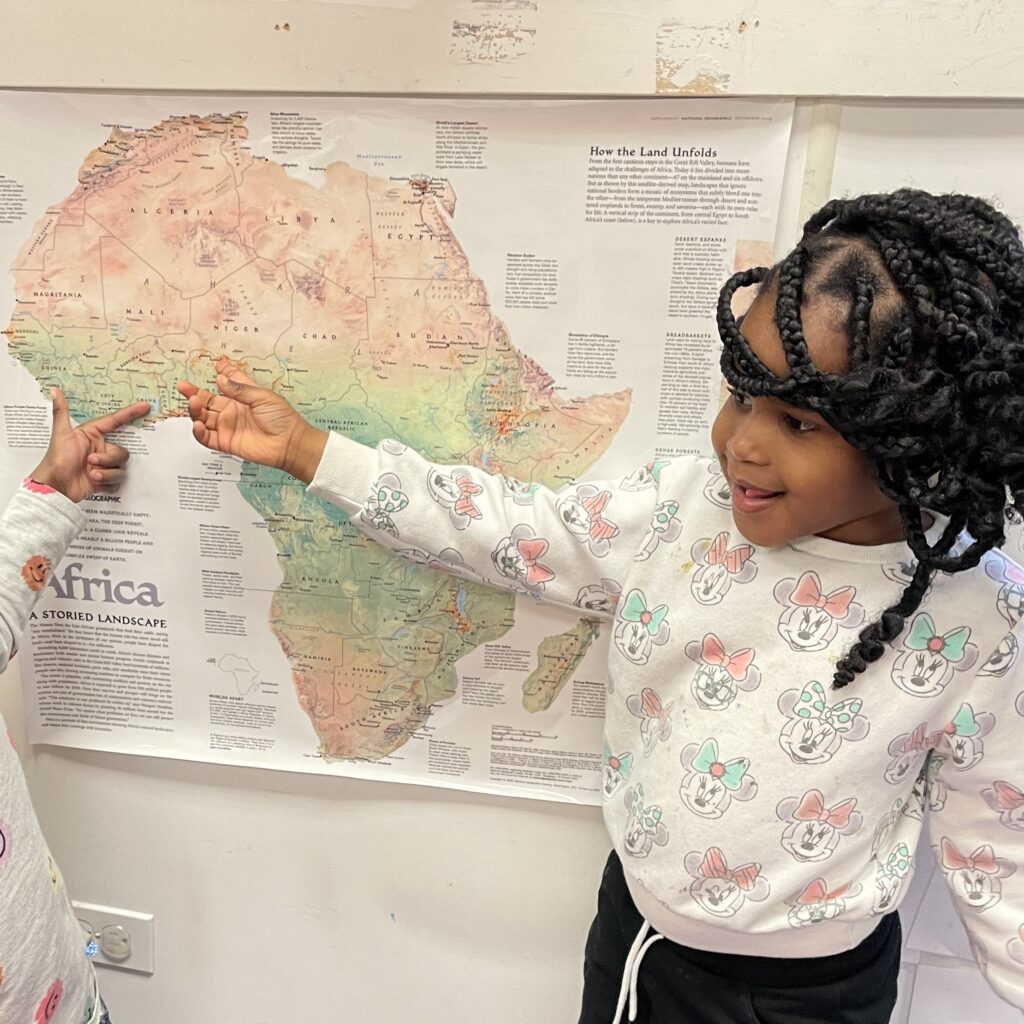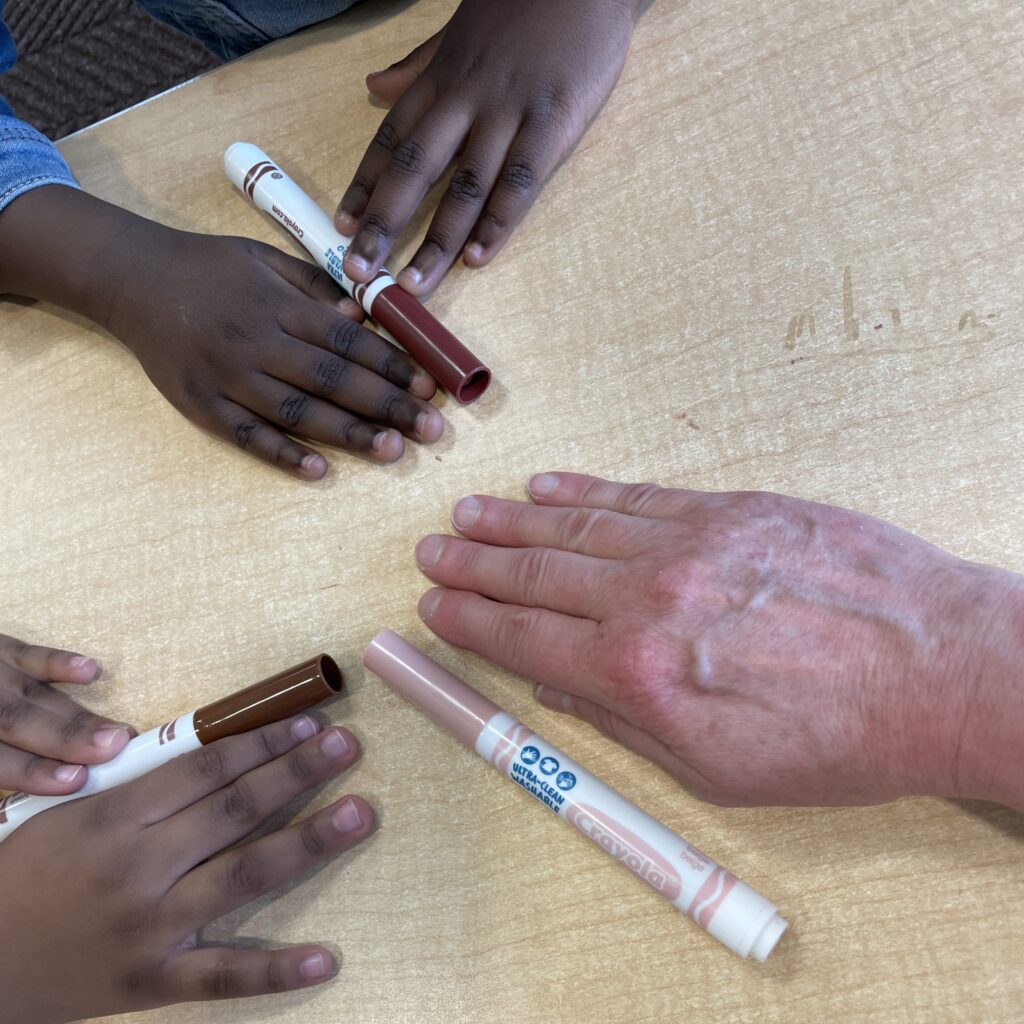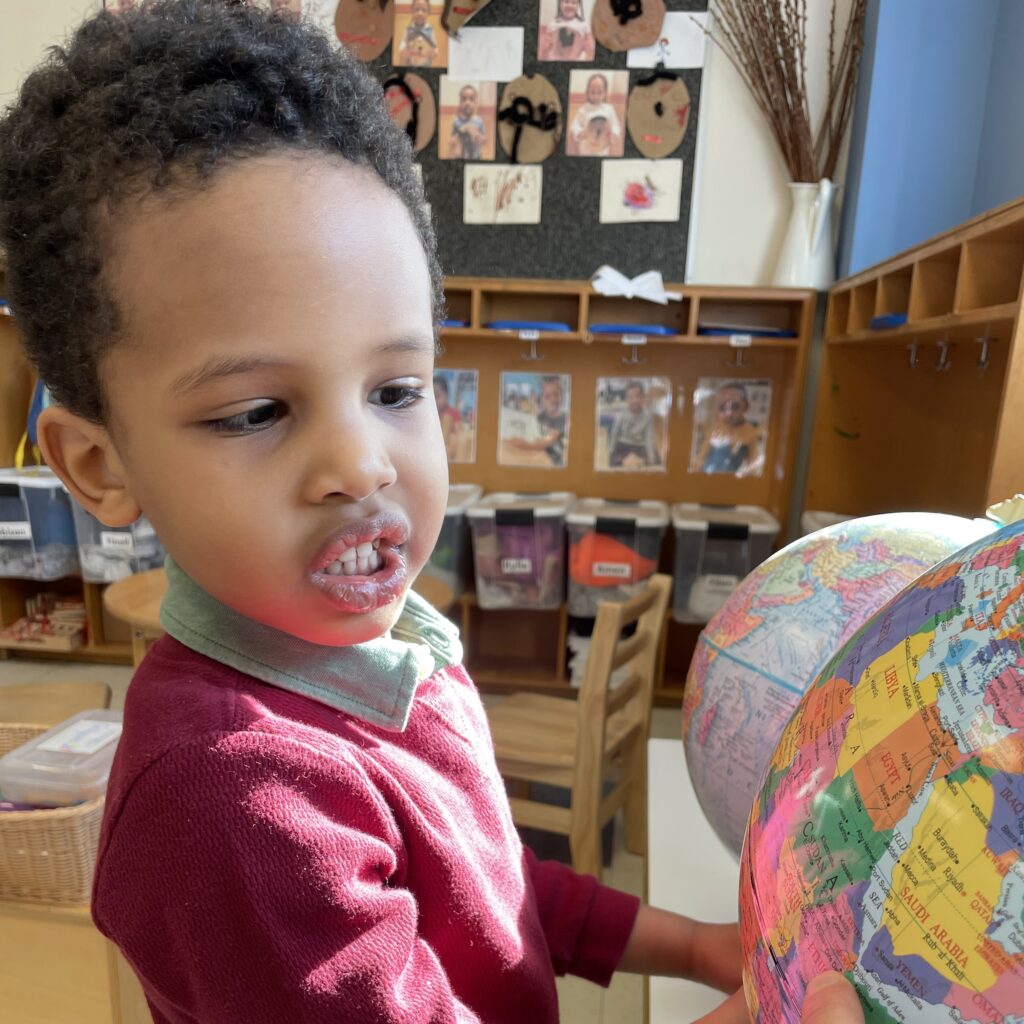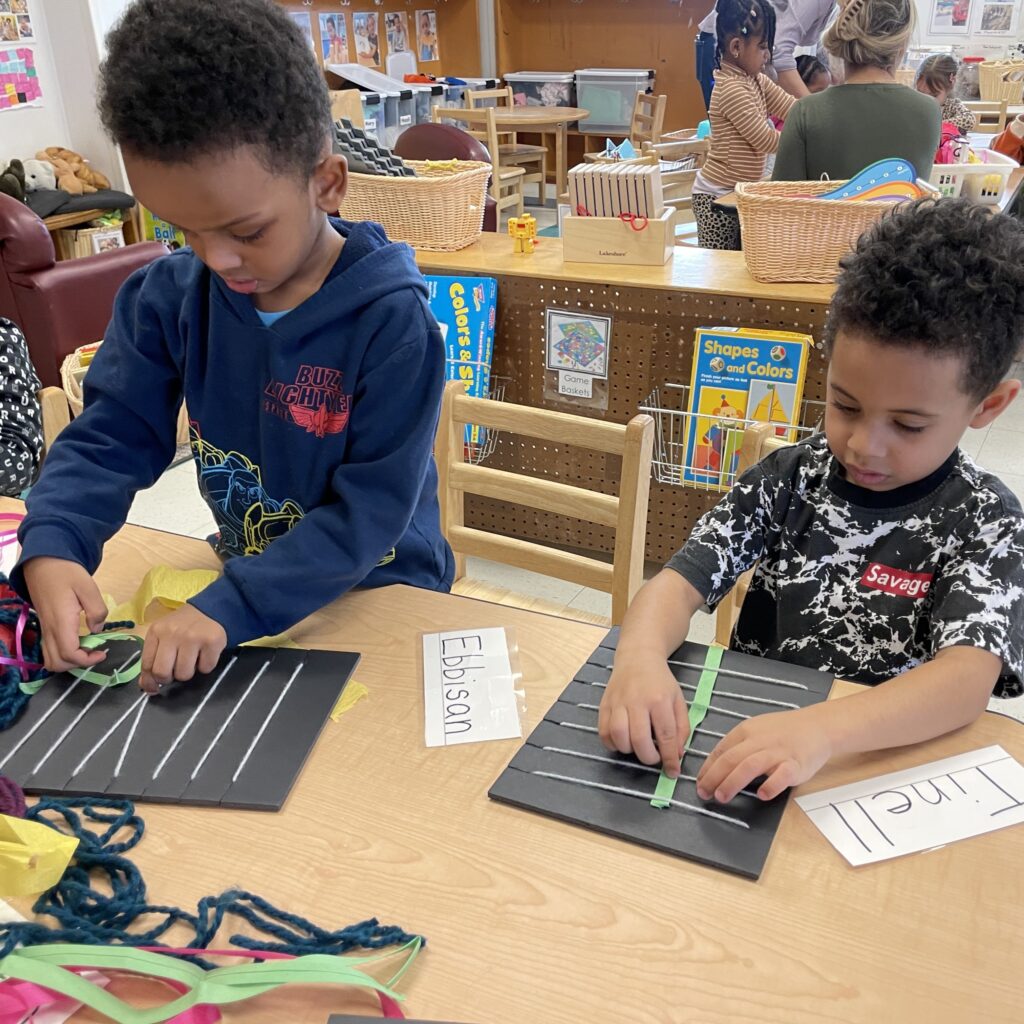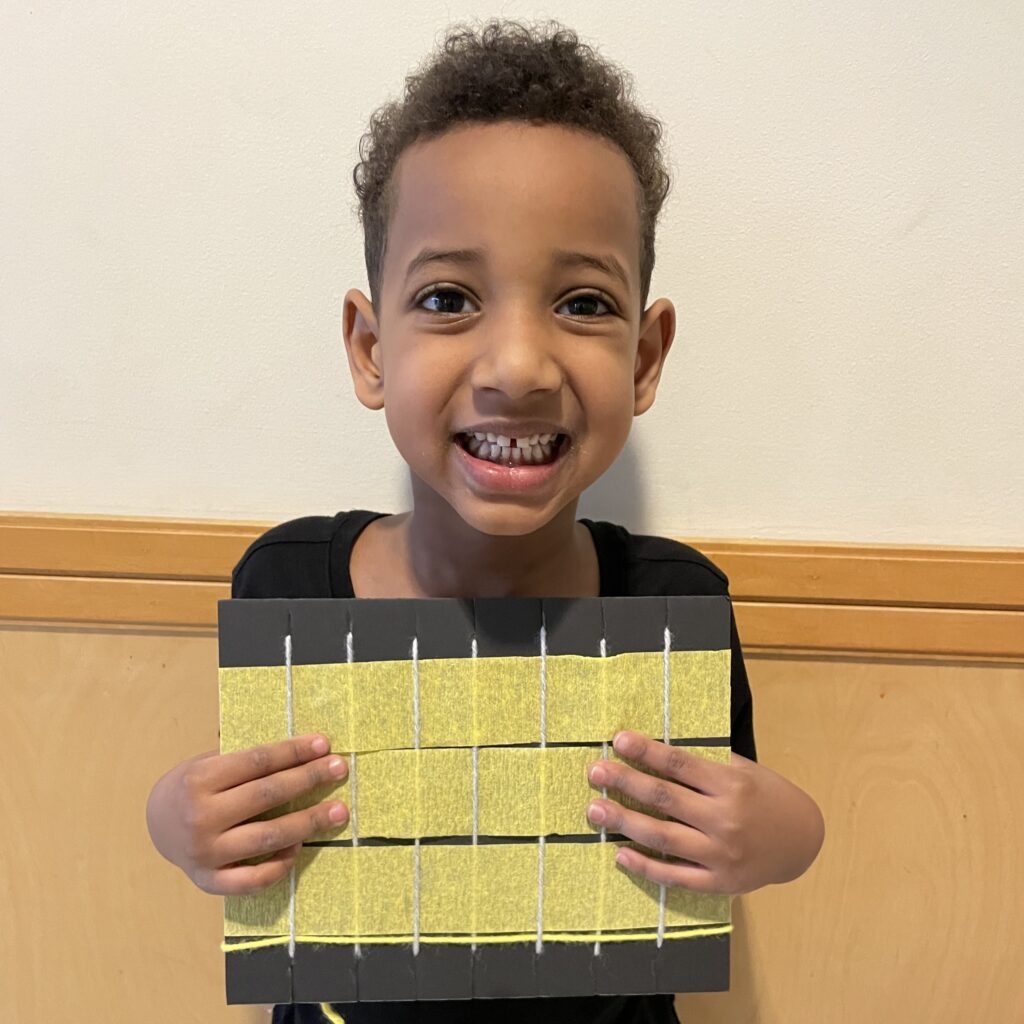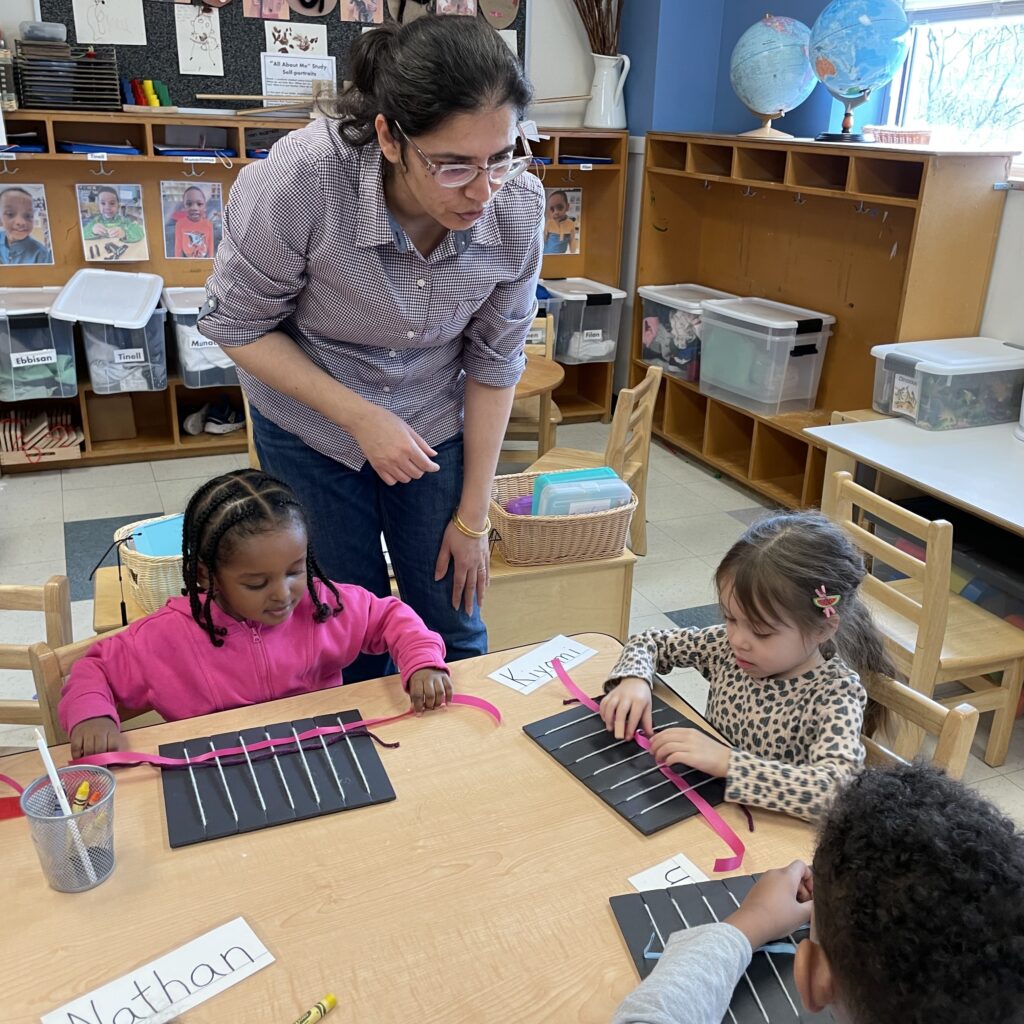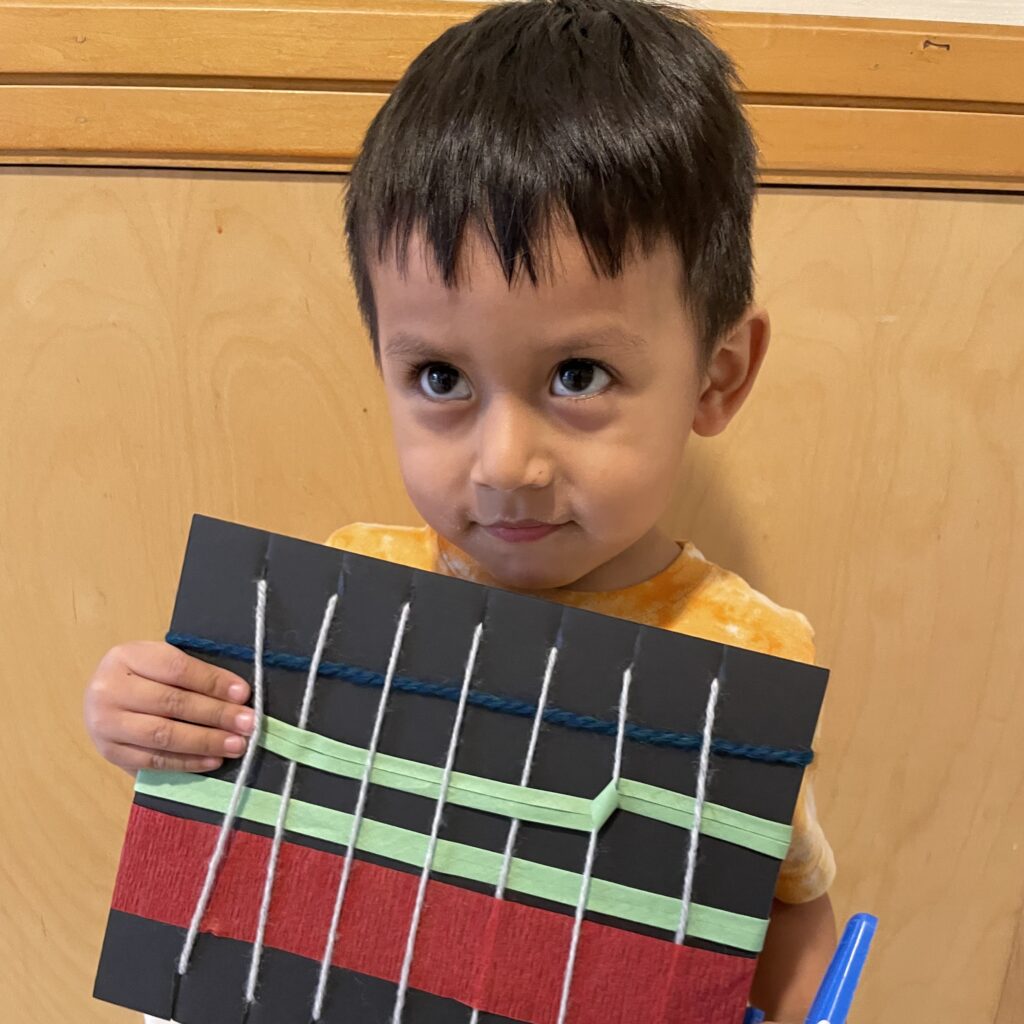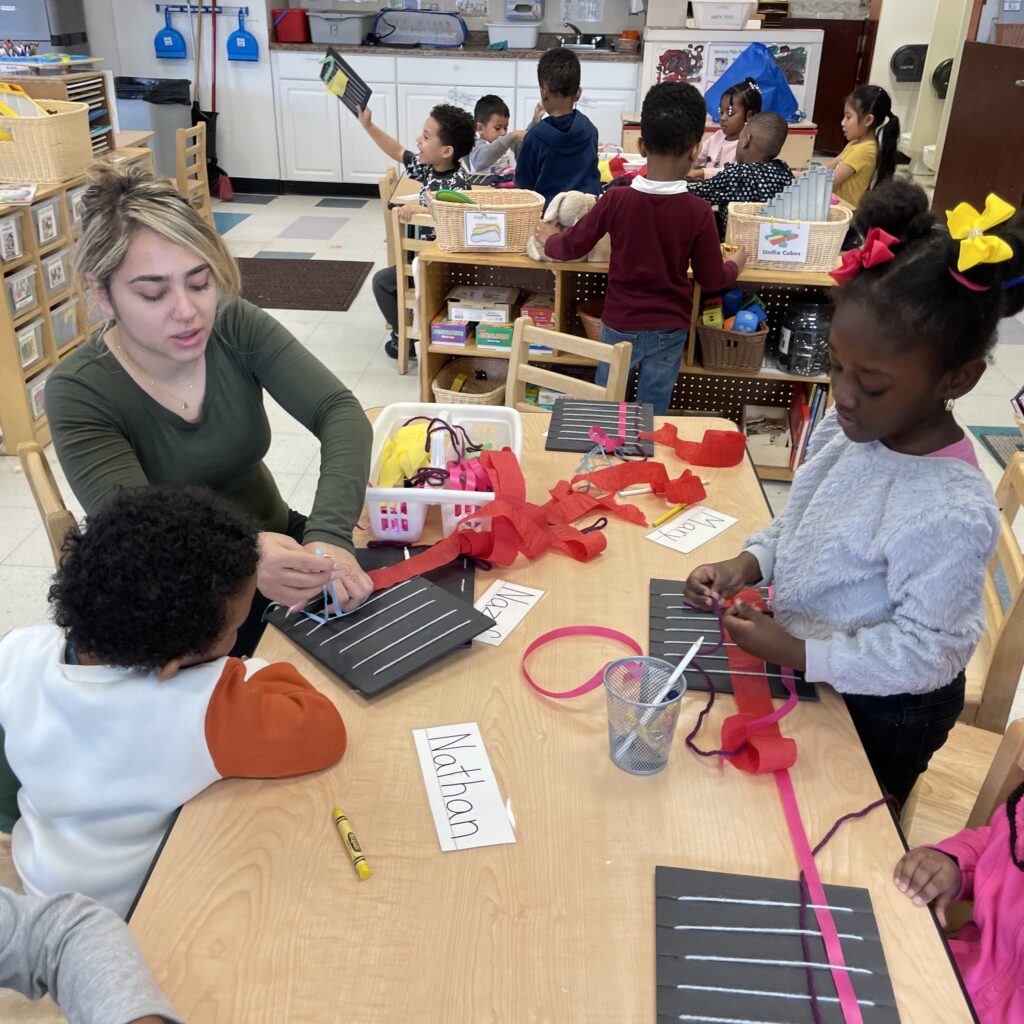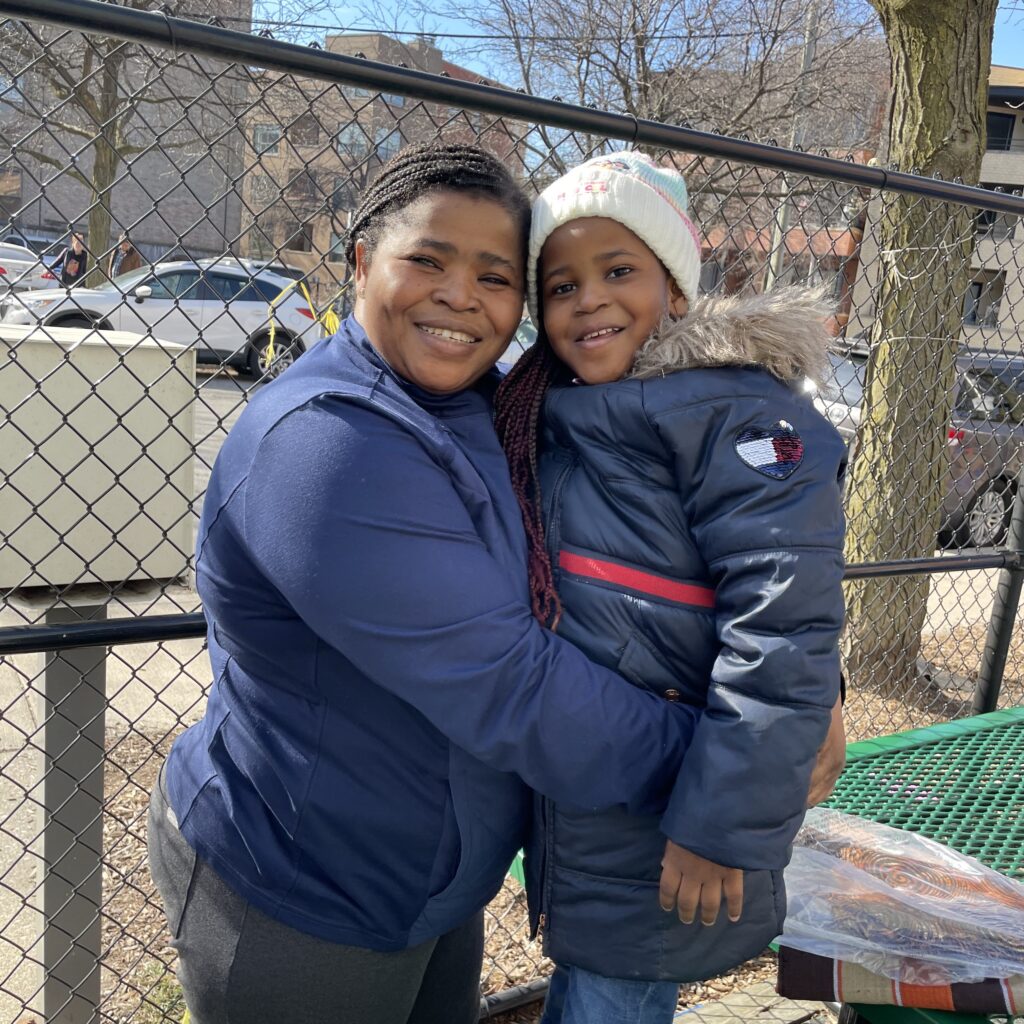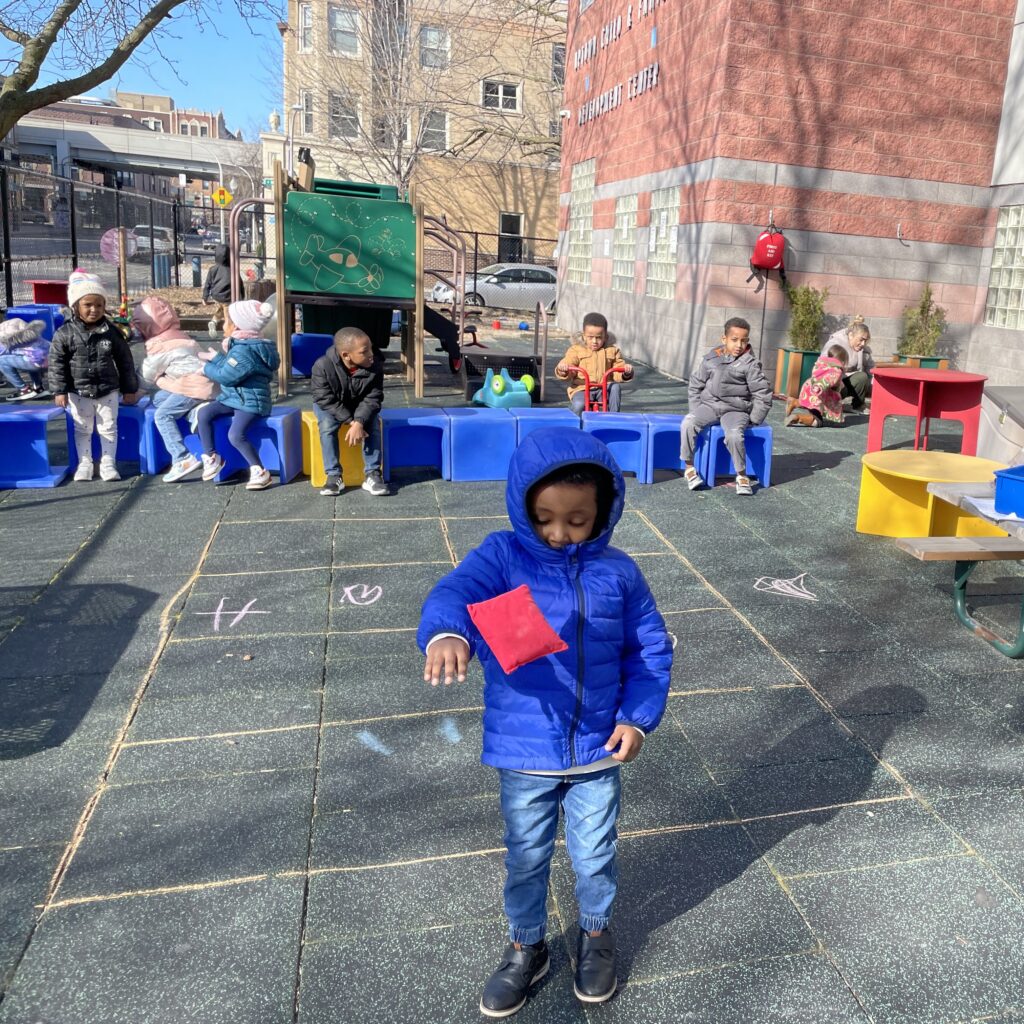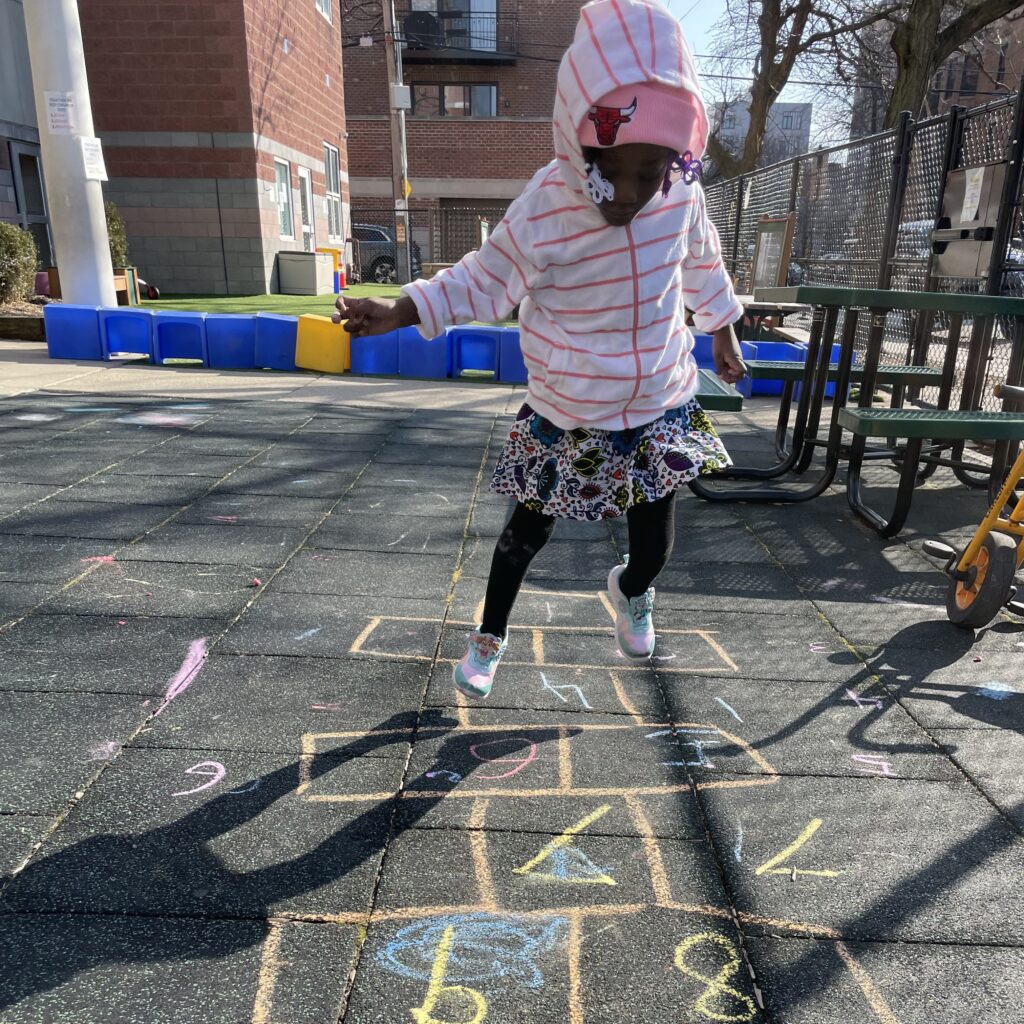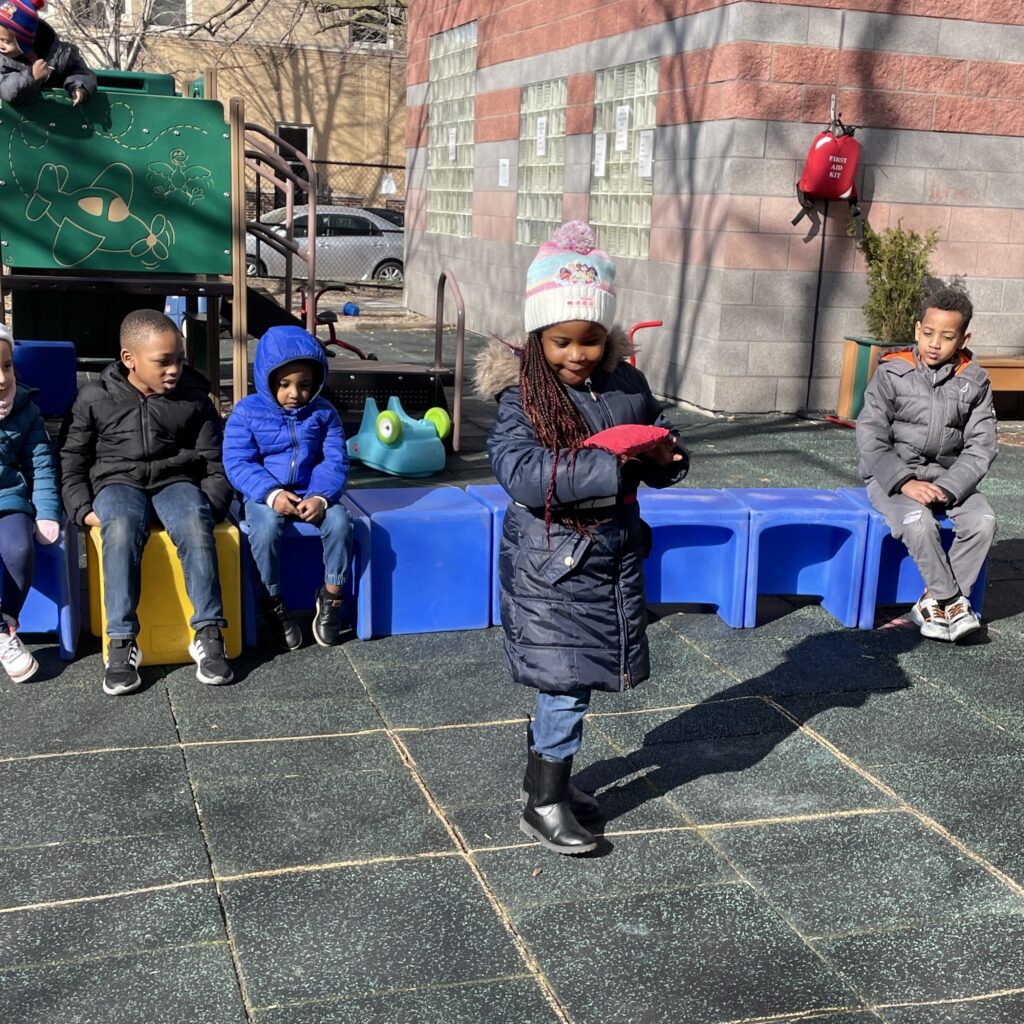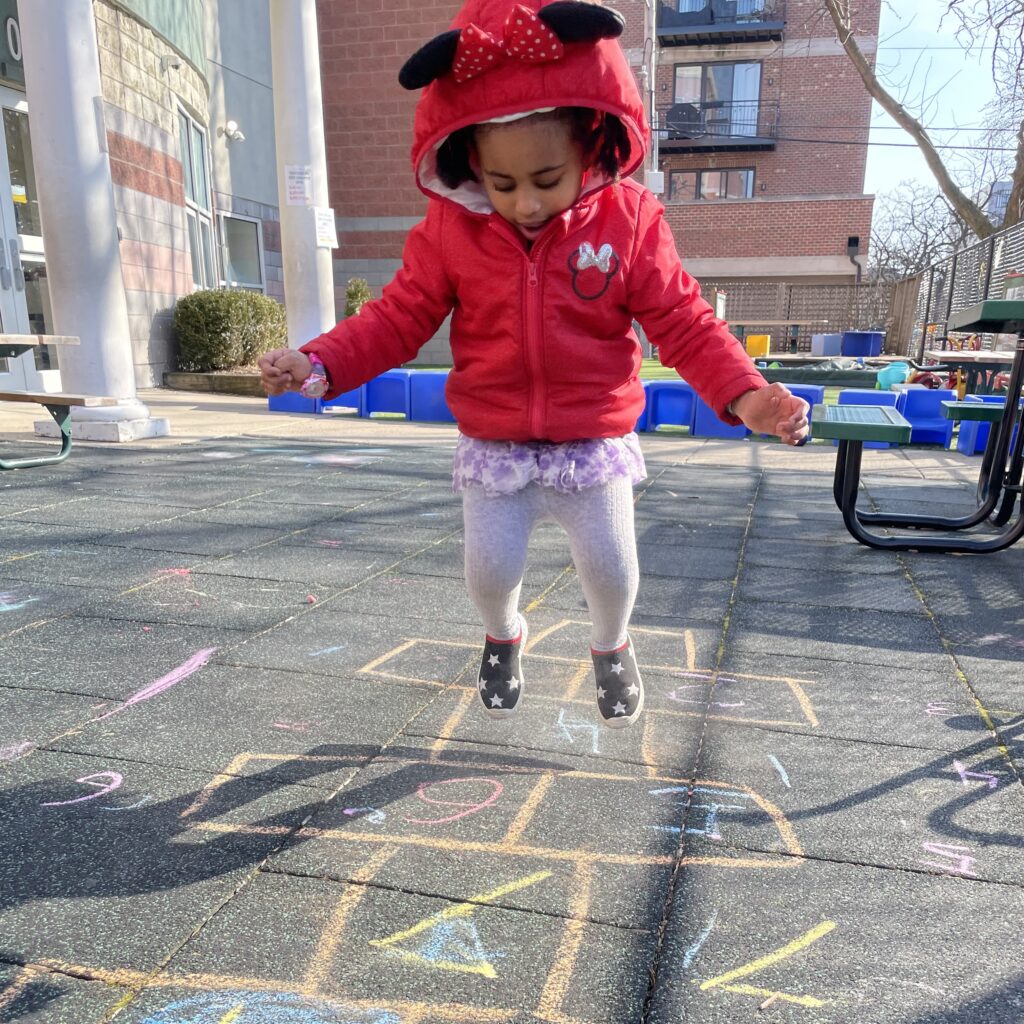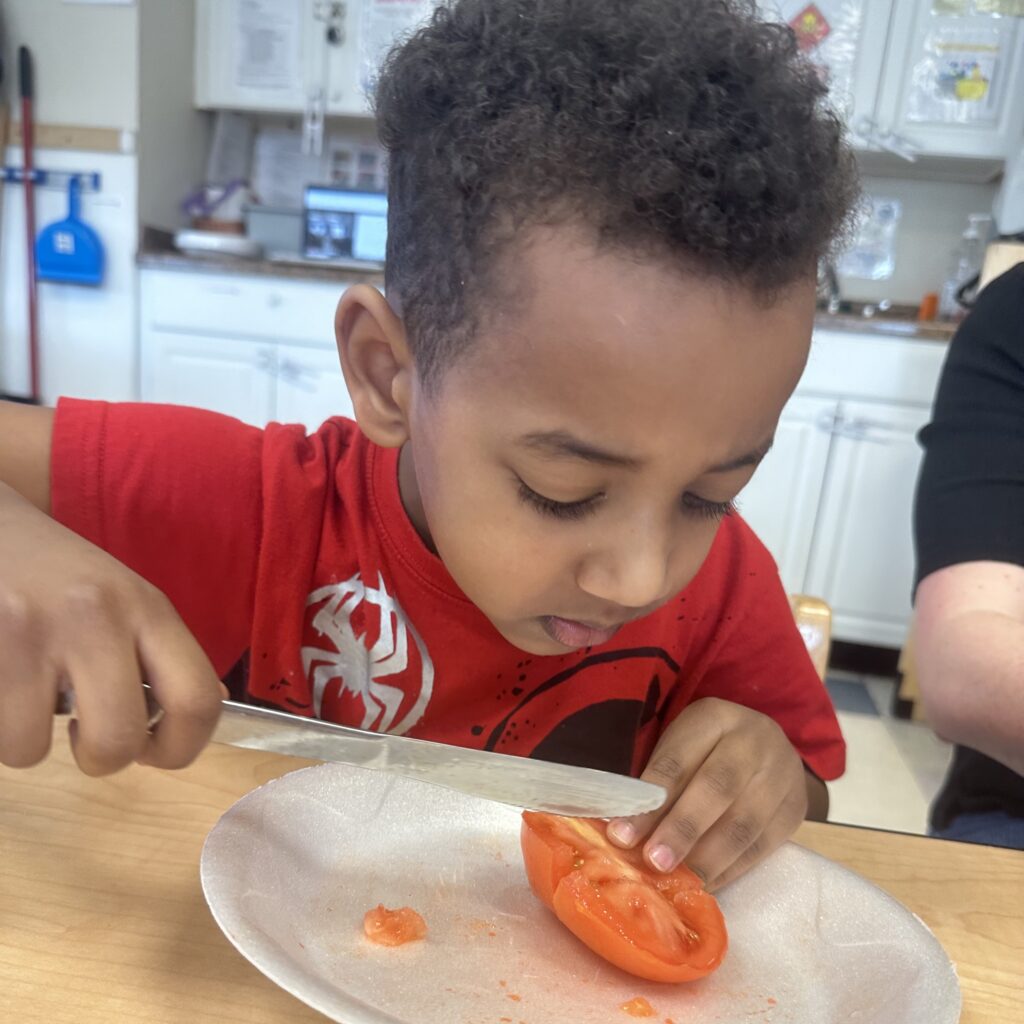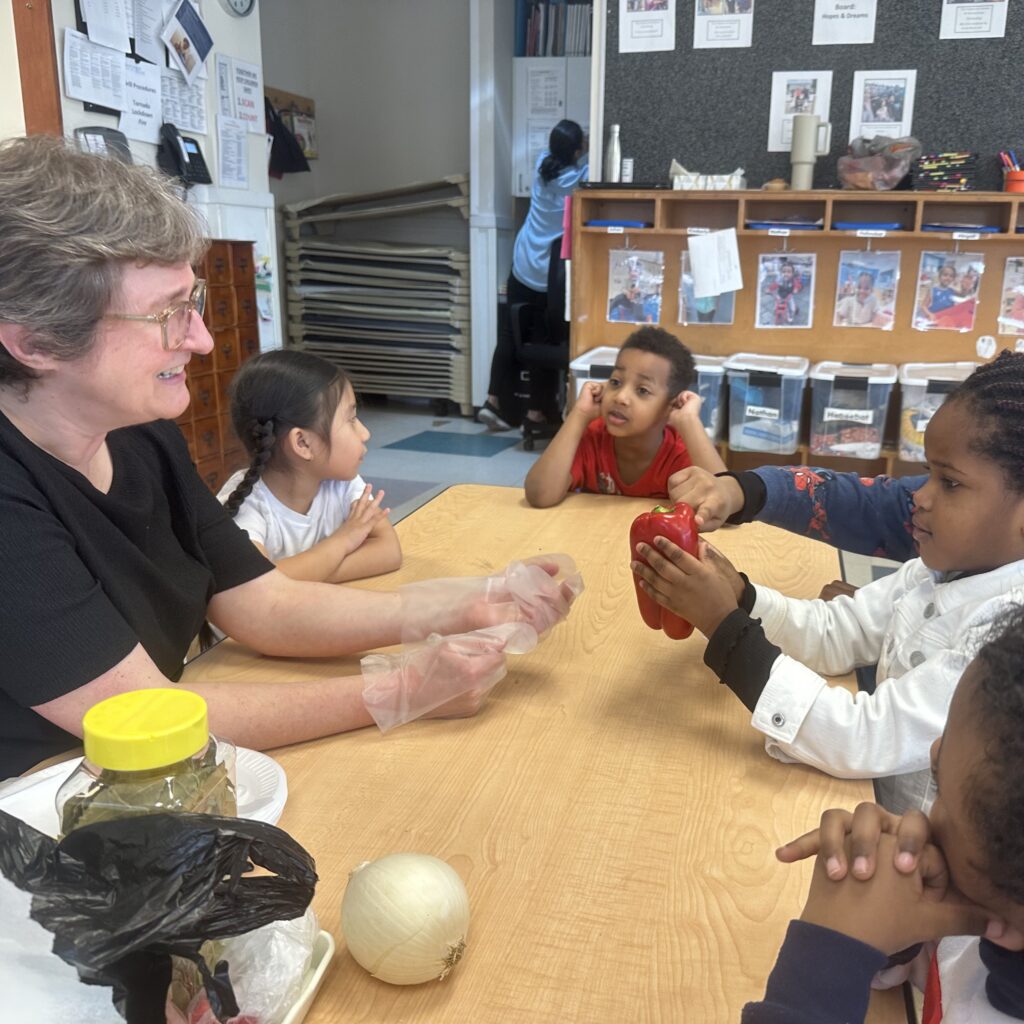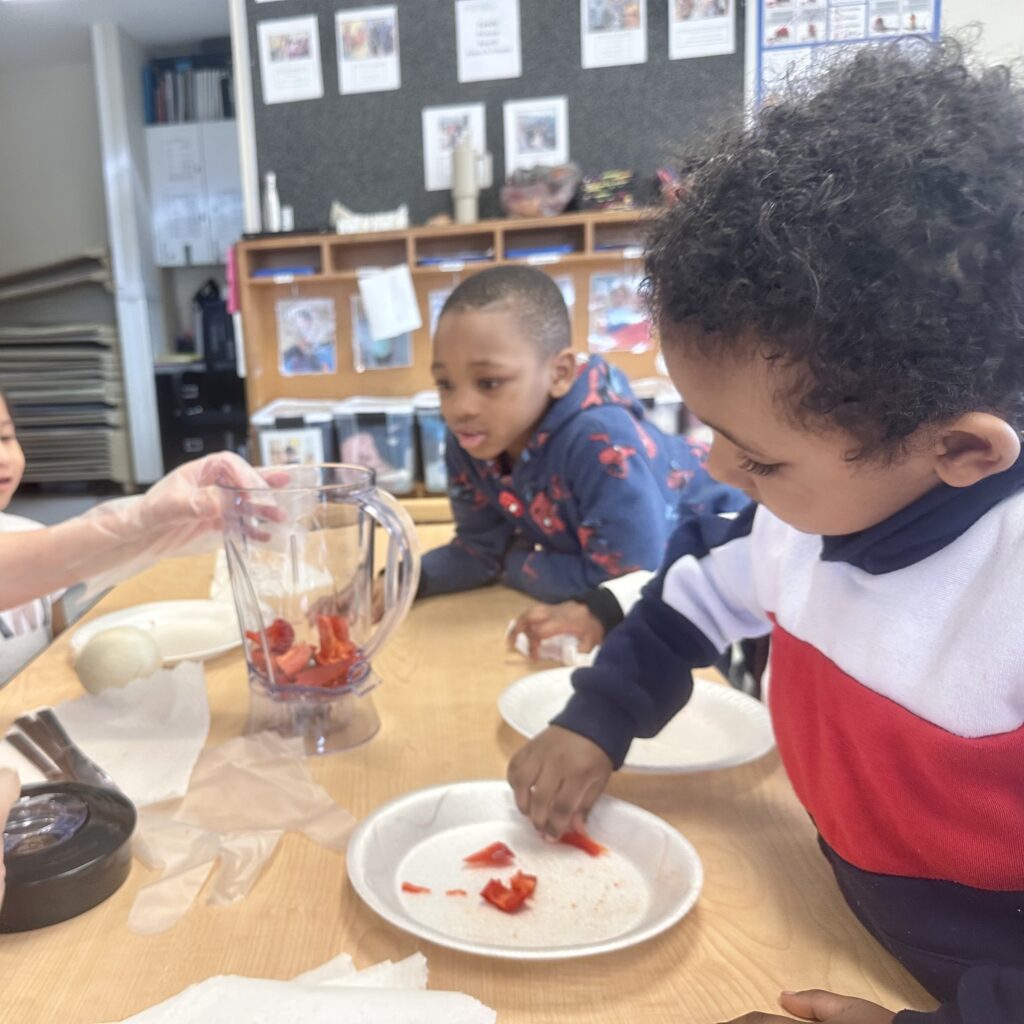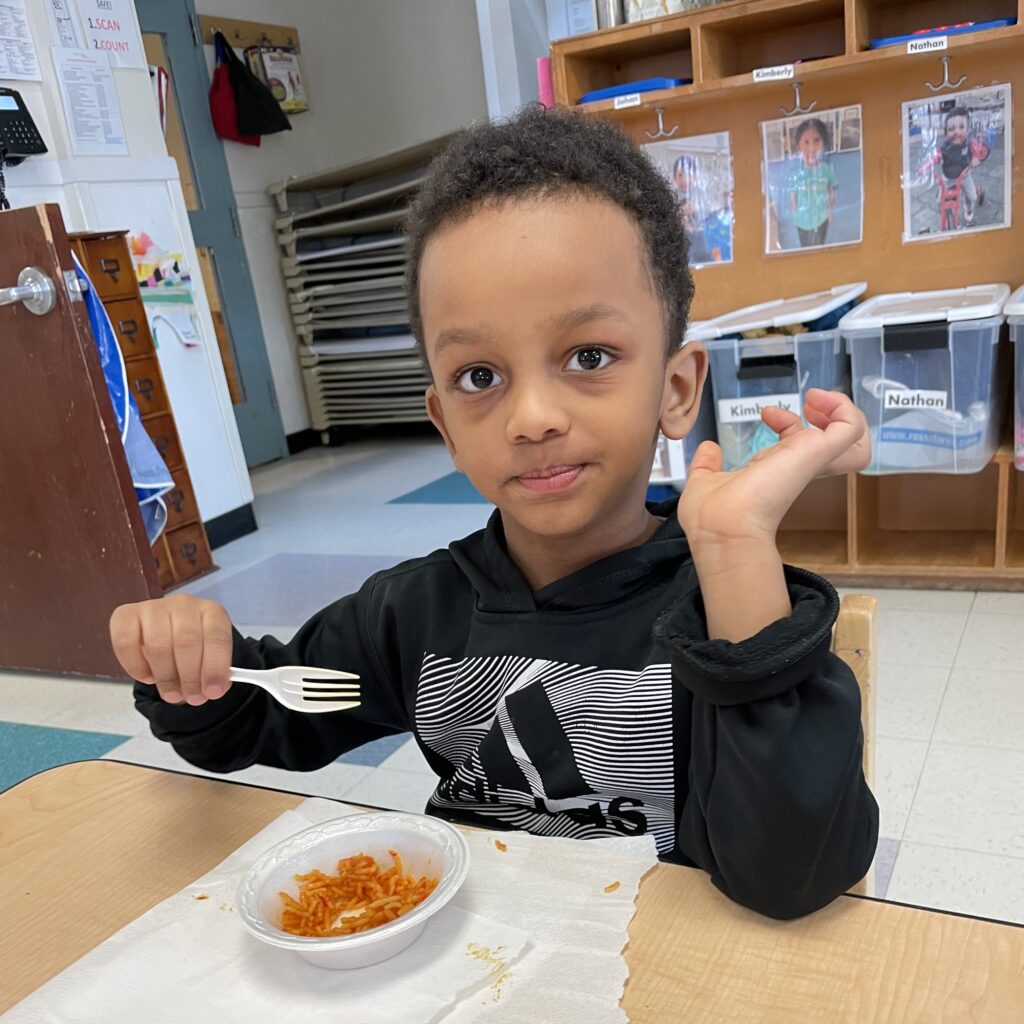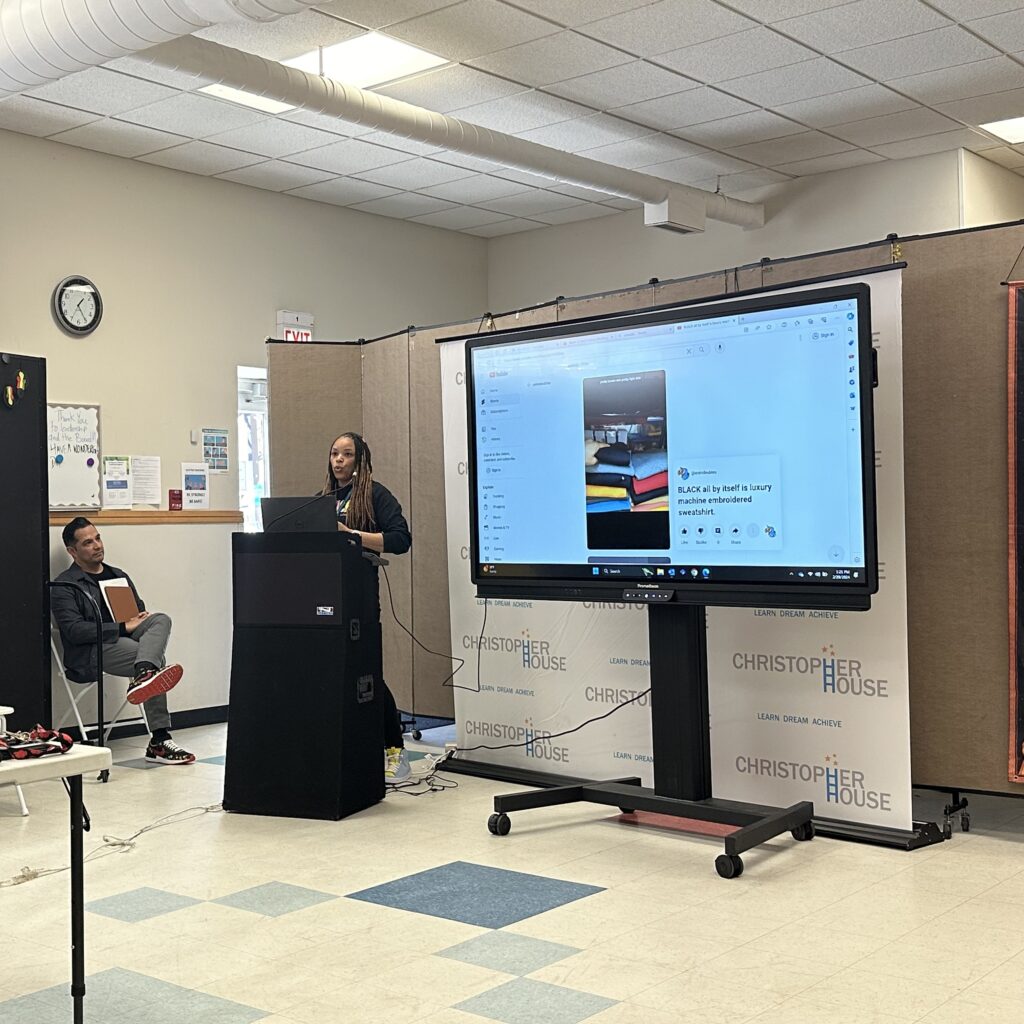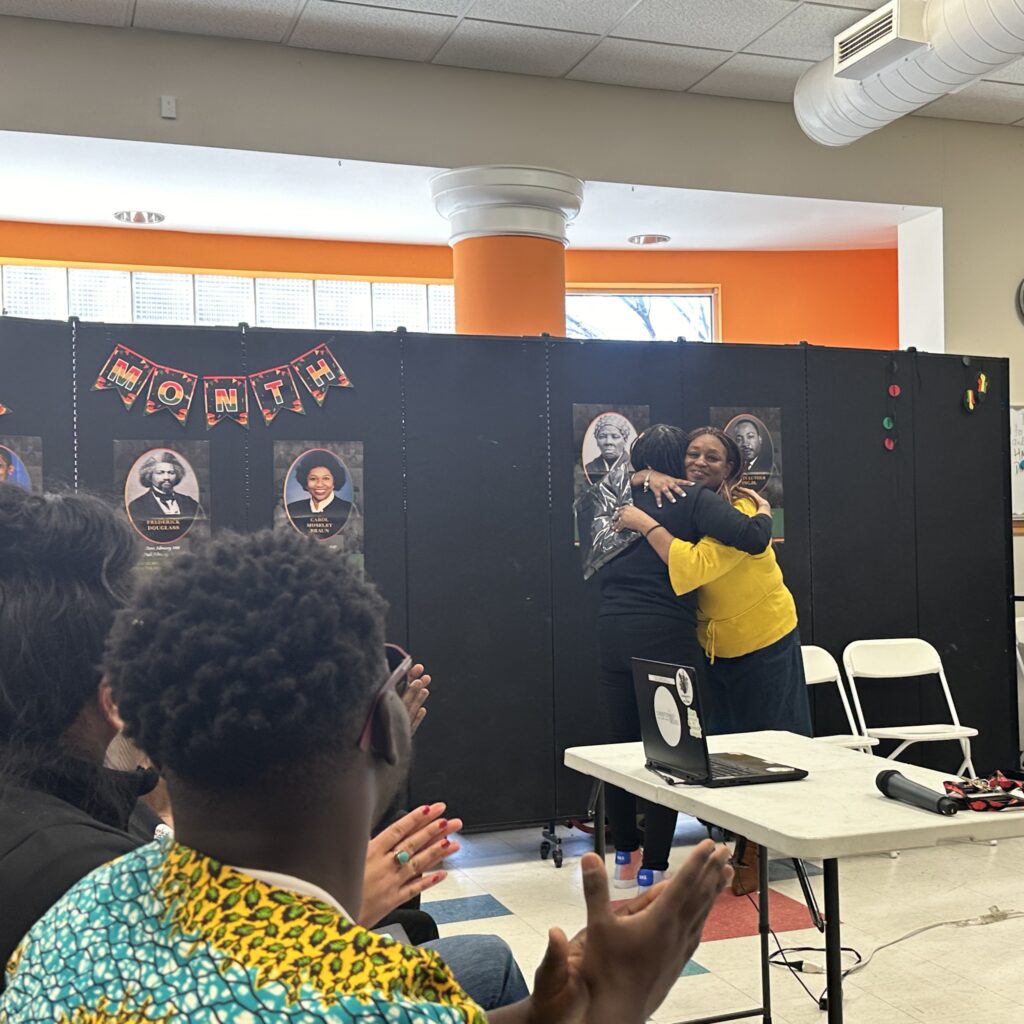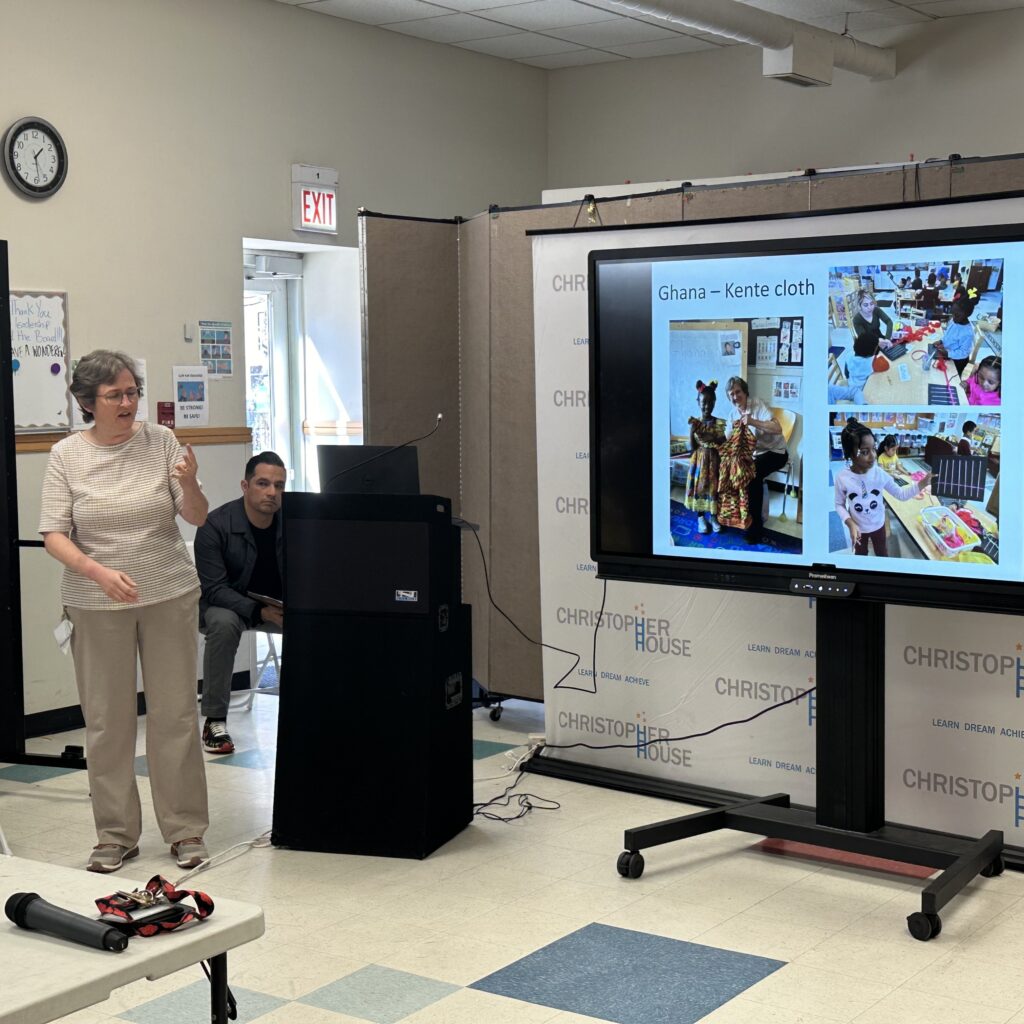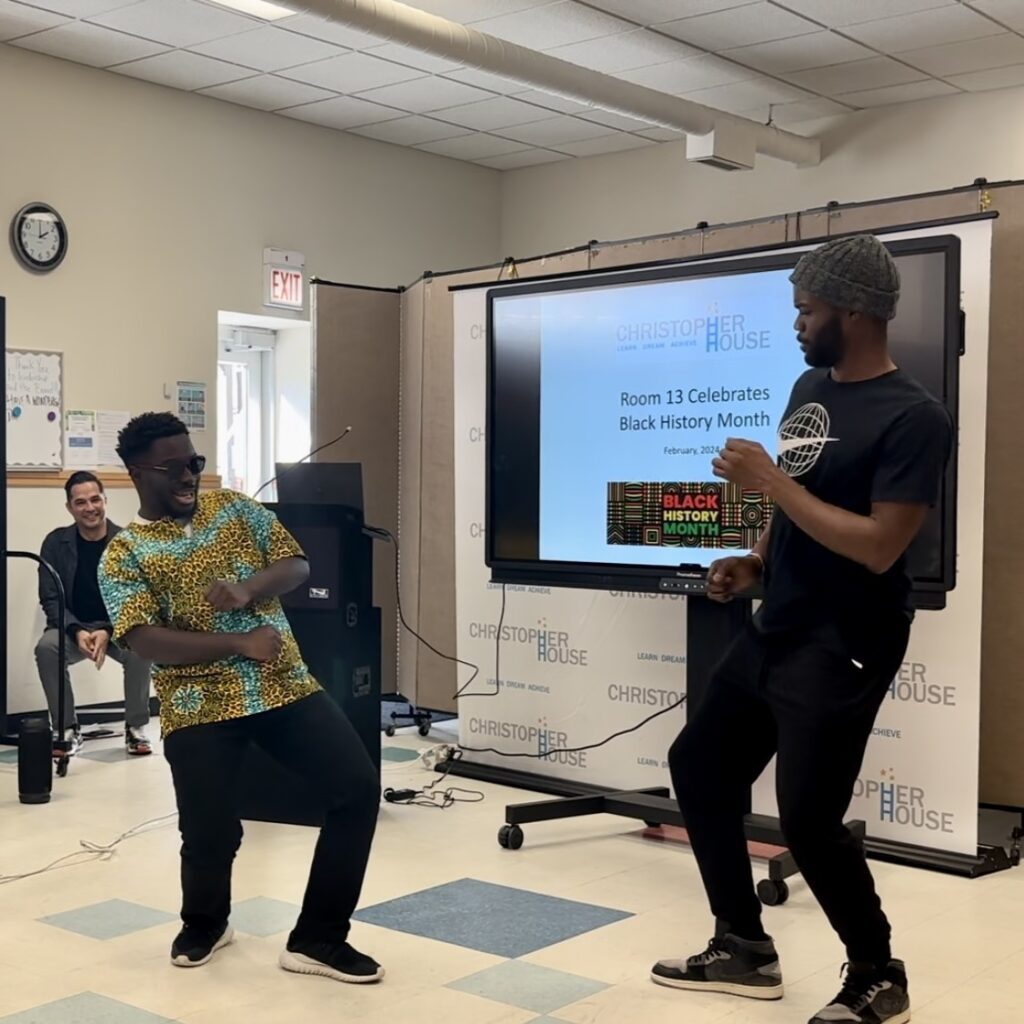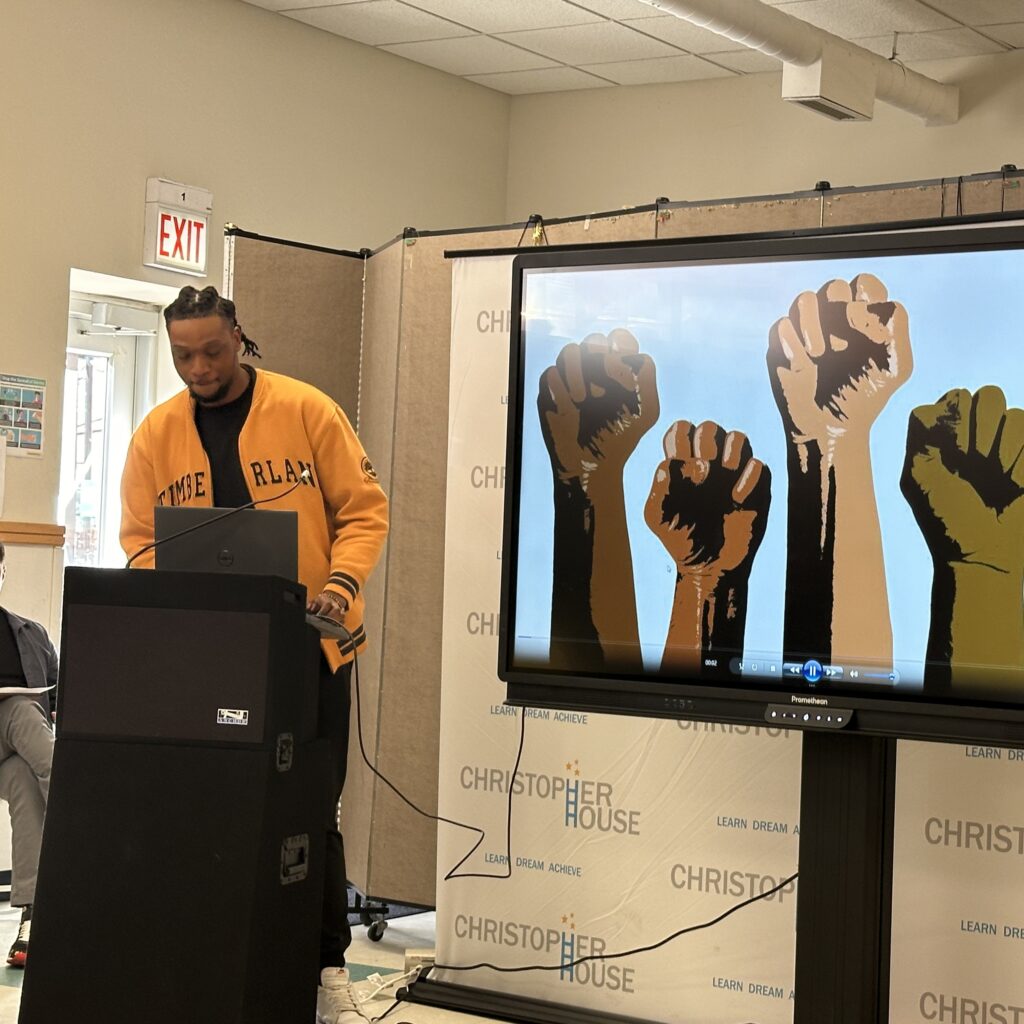Christopher House Hosts 2025 Erikson Executive Fellows
Christopher House was proud to once again partner with the Erikson Institute’s Executive Fellows Program this year, welcoming a distinguished group of Illinois leaders to our early childhood and administrative sites.
The Executive Fellows spent the day observing classrooms, engaging with educators and scholars, and meeting with our leadership team to learn about Christopher House’s holistic approach to early learning. They also gained perspective on the systemic challenges our families and staff face, and how innovative supports—from family advocates to school-based health services—are helping children thrive.
The Erikson Executive Fellows Program equips leaders across education, government, law, and healthcare with a deeper understanding of the long-term impact of high-quality early childhood experiences. This knowledge helps inform policy decisions and strengthens opportunities to improve services for children and families statewide.
This year’s Fellows included:
-
Senator Graciela Guzman, Illinois 20th District
-
Judge Kim Lewis, Juvenile Court Child Protection Division, Circuit Court of Cook County
-
Joshua Long, Chief Officer, Office for Students with Disabilities, Chicago Public Schools
-
Dr. Erica Austin, Deputy Director, Southern Illinois University School of Medicine
-
Dr. Michael Karner, Regional Superintendent of Schools, Lake County
By hosting Fellows in our classrooms and offices, Christopher House ensures that the voices of our children, families, and educators are heard by those shaping policy and practice across Illinois. The day reinforced the critical role of early learning in advancing equity and building stronger communities.
We are grateful to Erikson Institute for cultivating leaders who champion early childhood education, and we are honored to continue this important partnership.
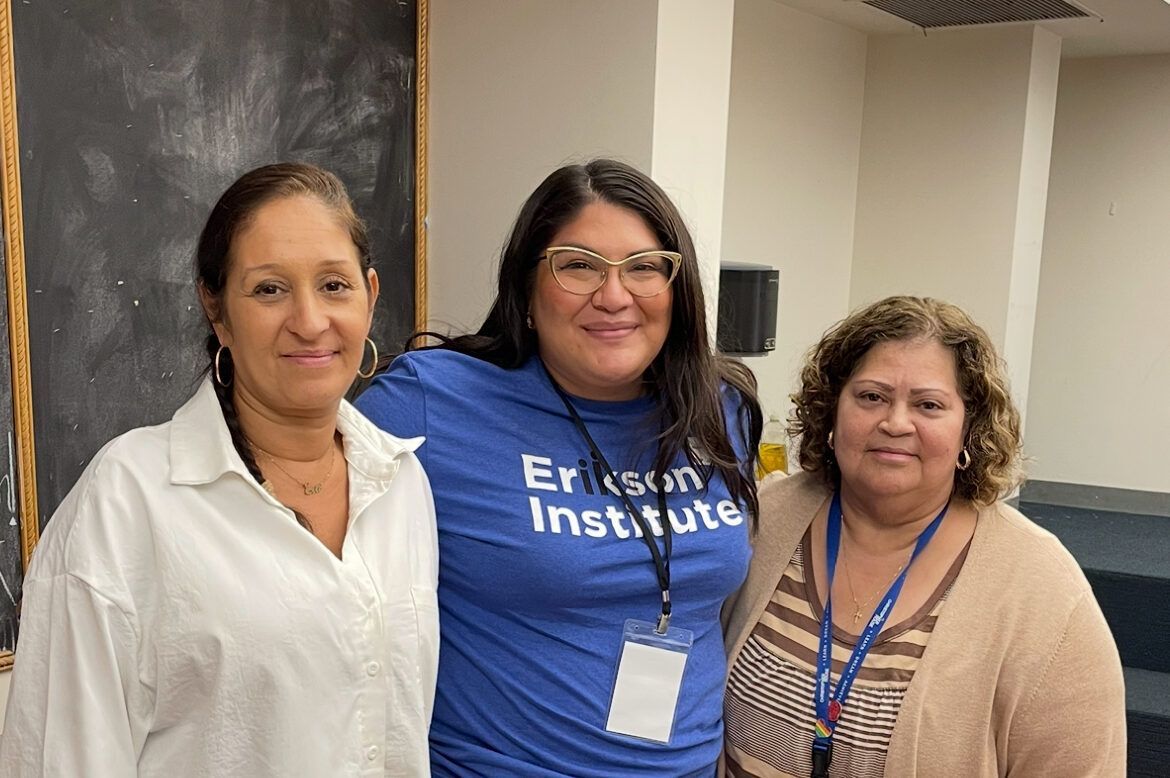
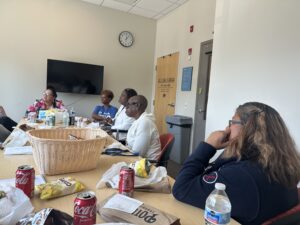
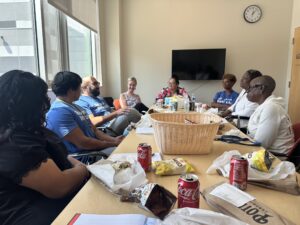
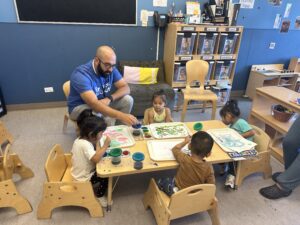
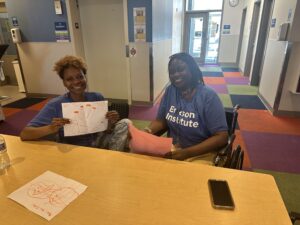
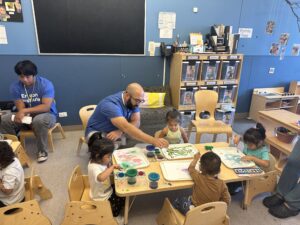
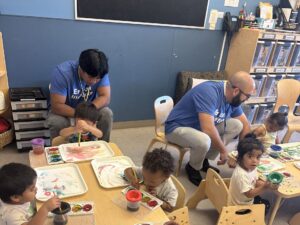
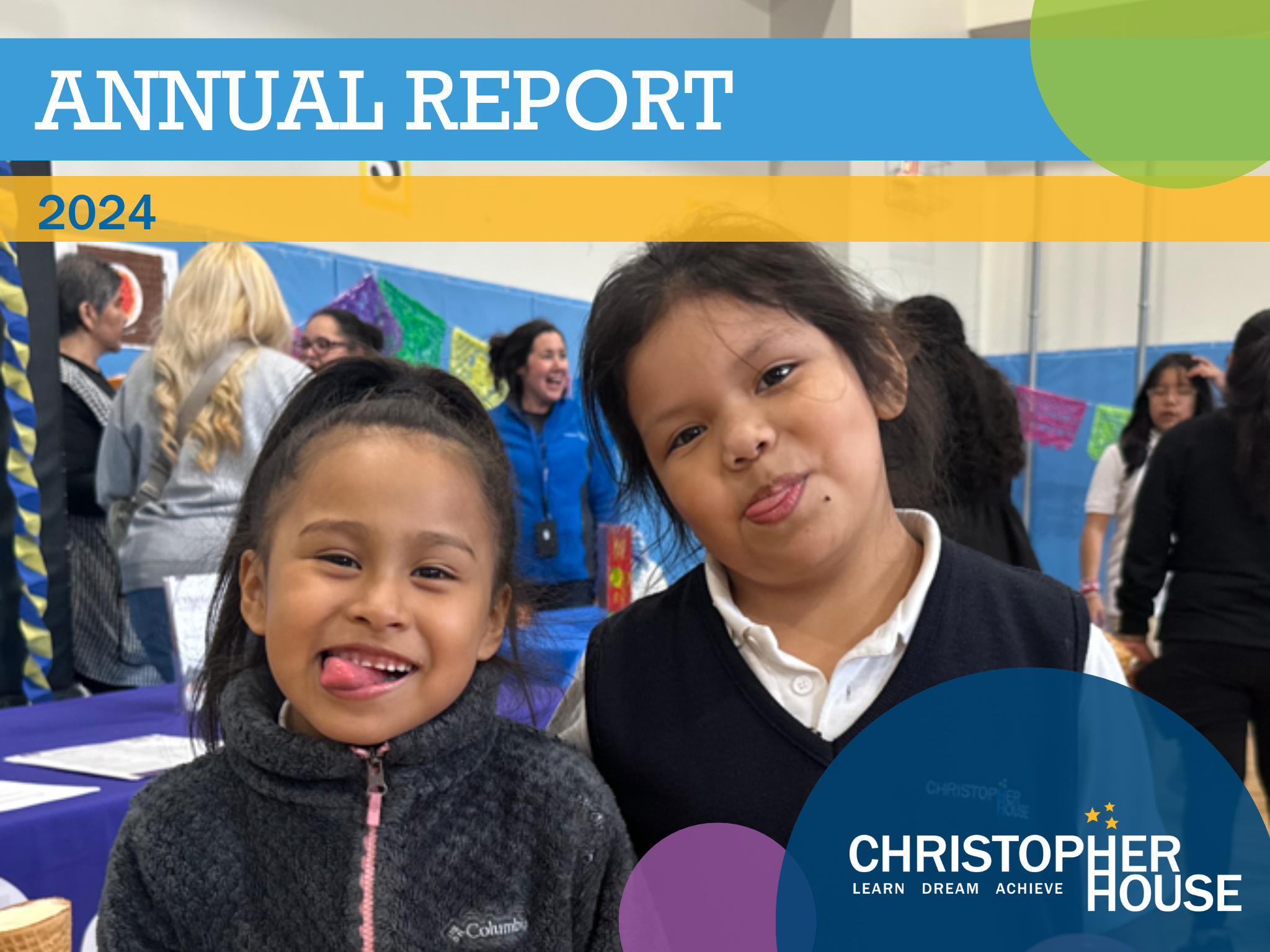
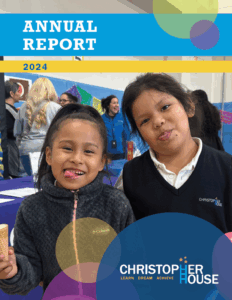

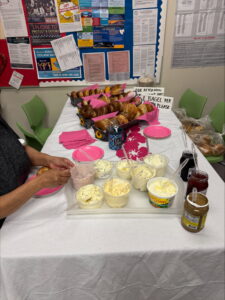
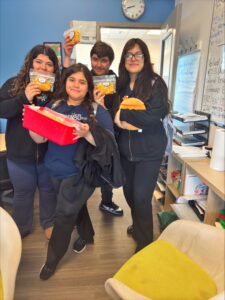
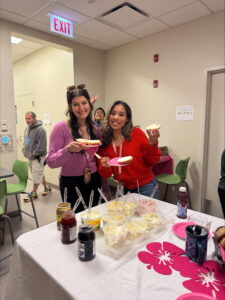
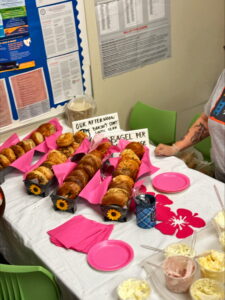
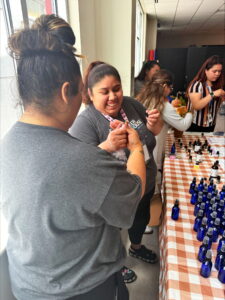

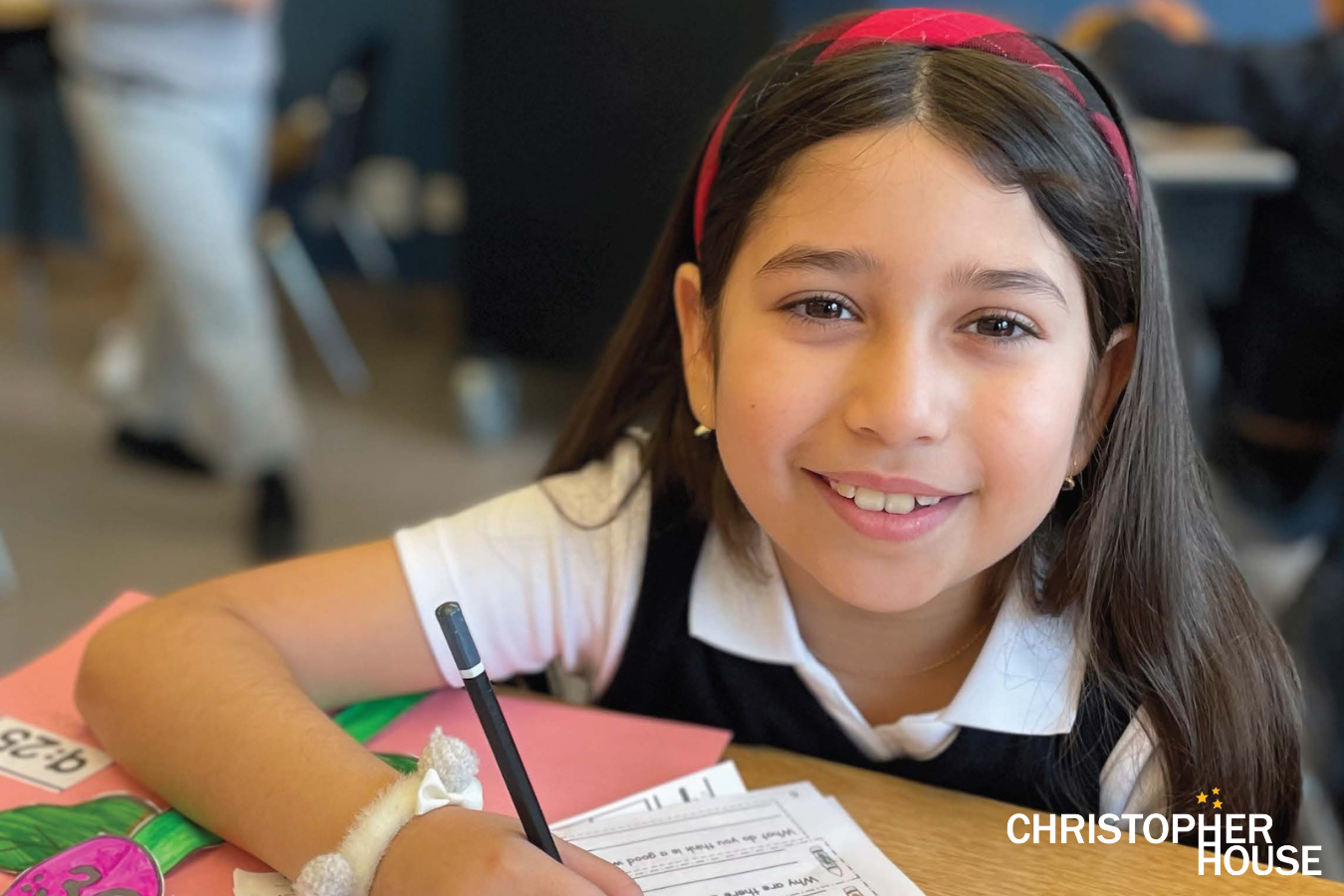


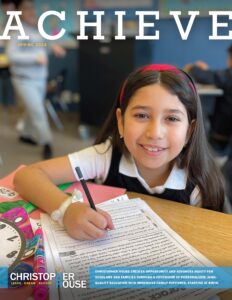
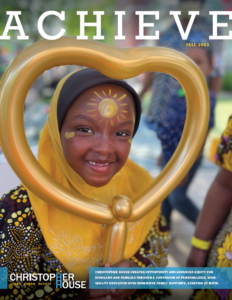
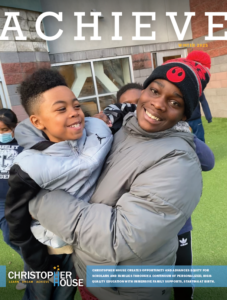
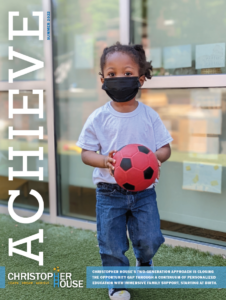
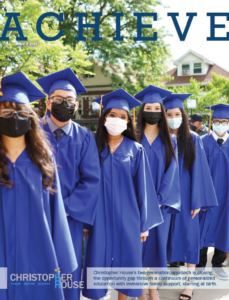
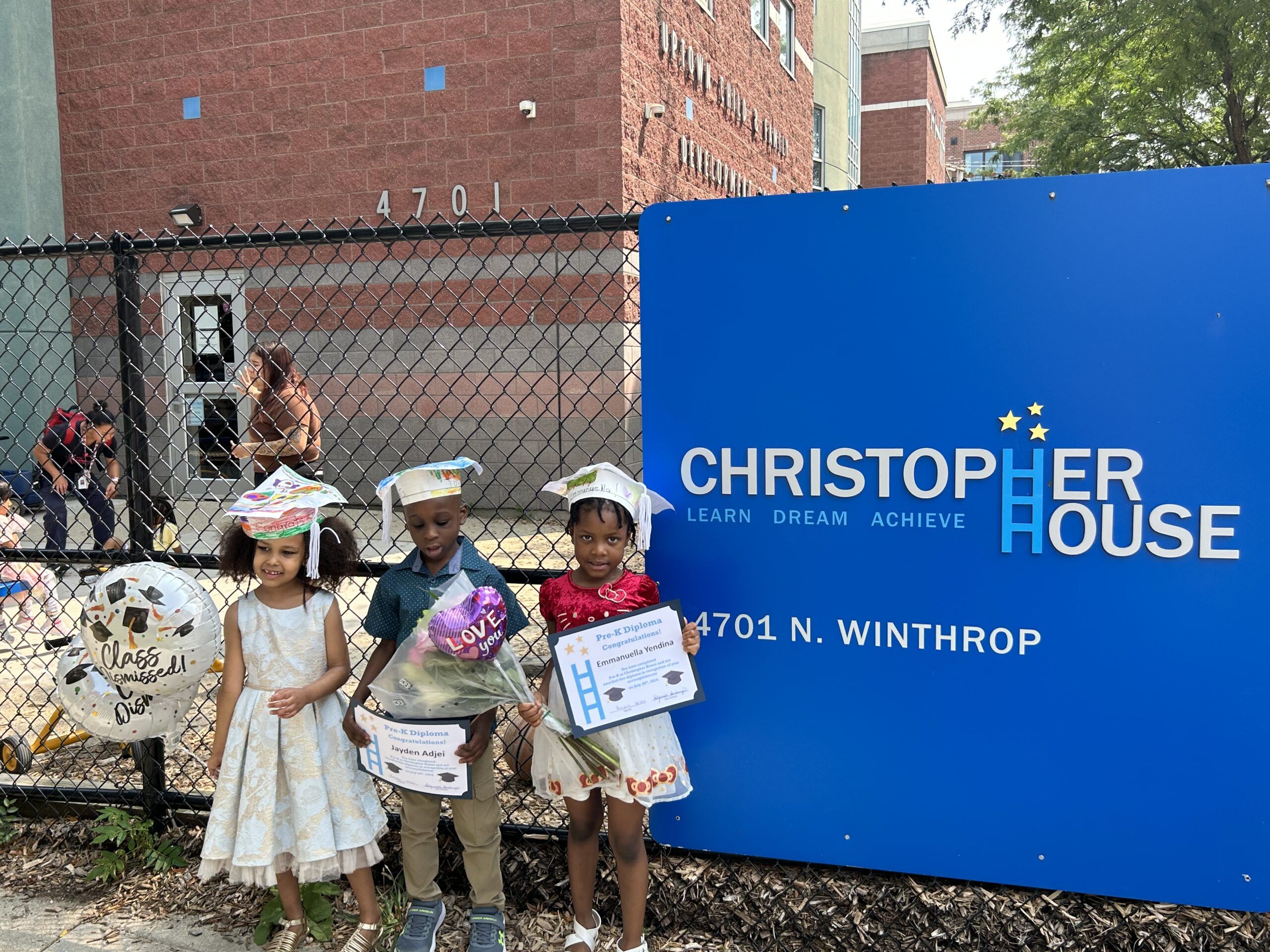
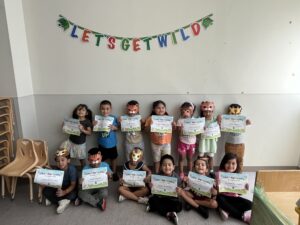 This summer marked the 4
This summer marked the 4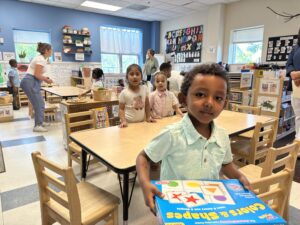 By easing the transition with early and intentional exposure, scholars experience reduced stress and can more easily interact with their new learning environments in positive ways, leading to higher educational outcomes.
By easing the transition with early and intentional exposure, scholars experience reduced stress and can more easily interact with their new learning environments in positive ways, leading to higher educational outcomes. 
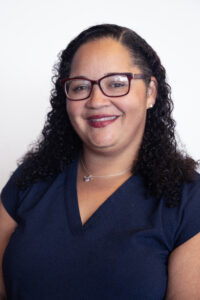 It is with immense gratitude and excitement that I would like to introduce myself as the new Chief Executive Officer of Christopher House.
It is with immense gratitude and excitement that I would like to introduce myself as the new Chief Executive Officer of Christopher House.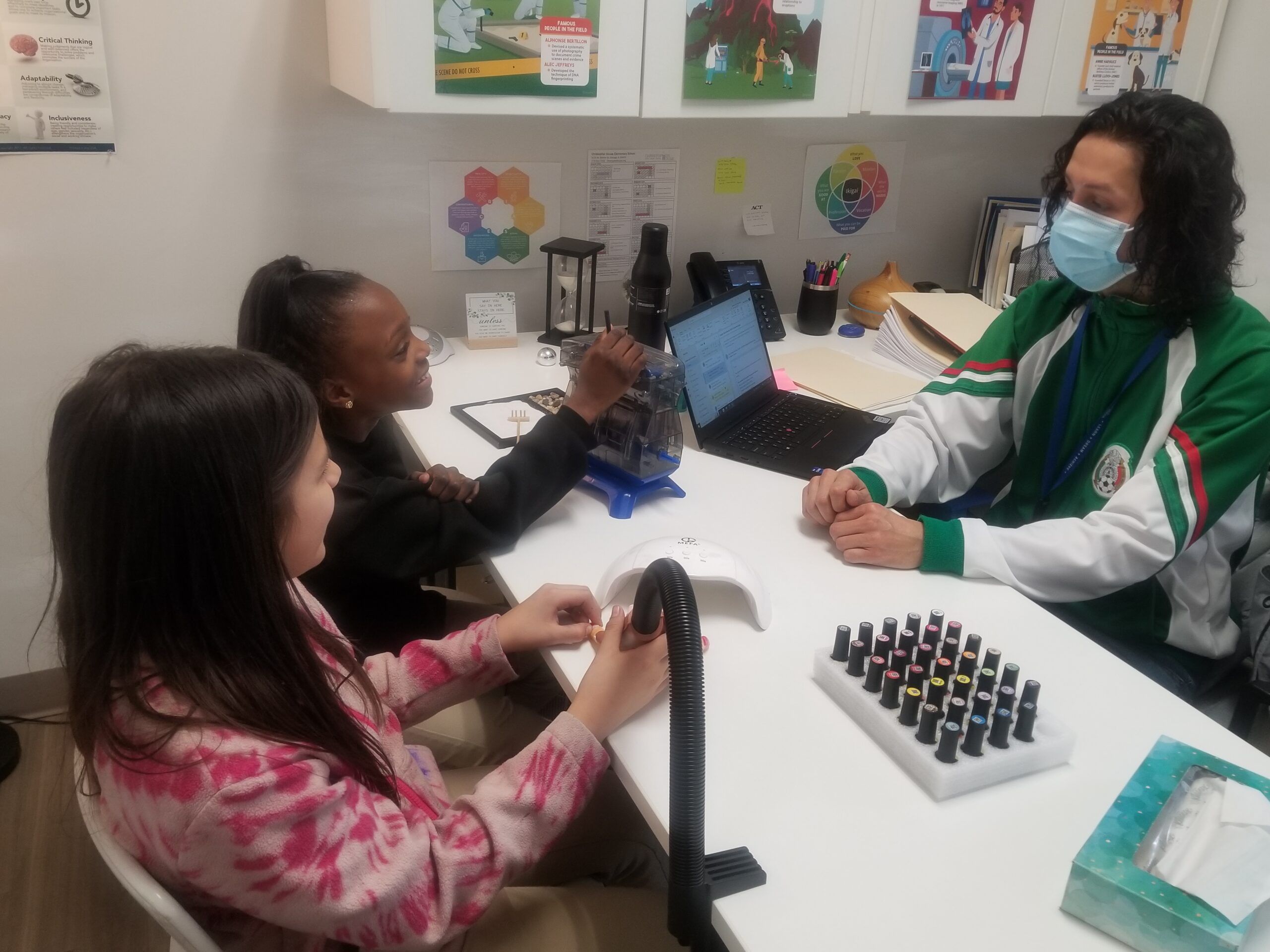
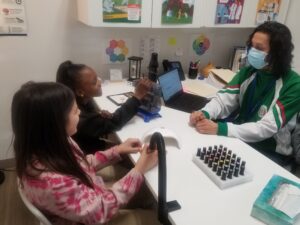 Joining the Christopher House community at the start of the 20230-2024 school year, Jose dove in with two feet, assisting scholars in academic improvement plans, consulting 8th graders on which high schools might best fit their life interests, and offering counsel on obstacles faced by Elementary School-aged students today. Through his ongoing work, his passion for helping children and his dedication to our local community has shown through every step of the way.
Joining the Christopher House community at the start of the 20230-2024 school year, Jose dove in with two feet, assisting scholars in academic improvement plans, consulting 8th graders on which high schools might best fit their life interests, and offering counsel on obstacles faced by Elementary School-aged students today. Through his ongoing work, his passion for helping children and his dedication to our local community has shown through every step of the way.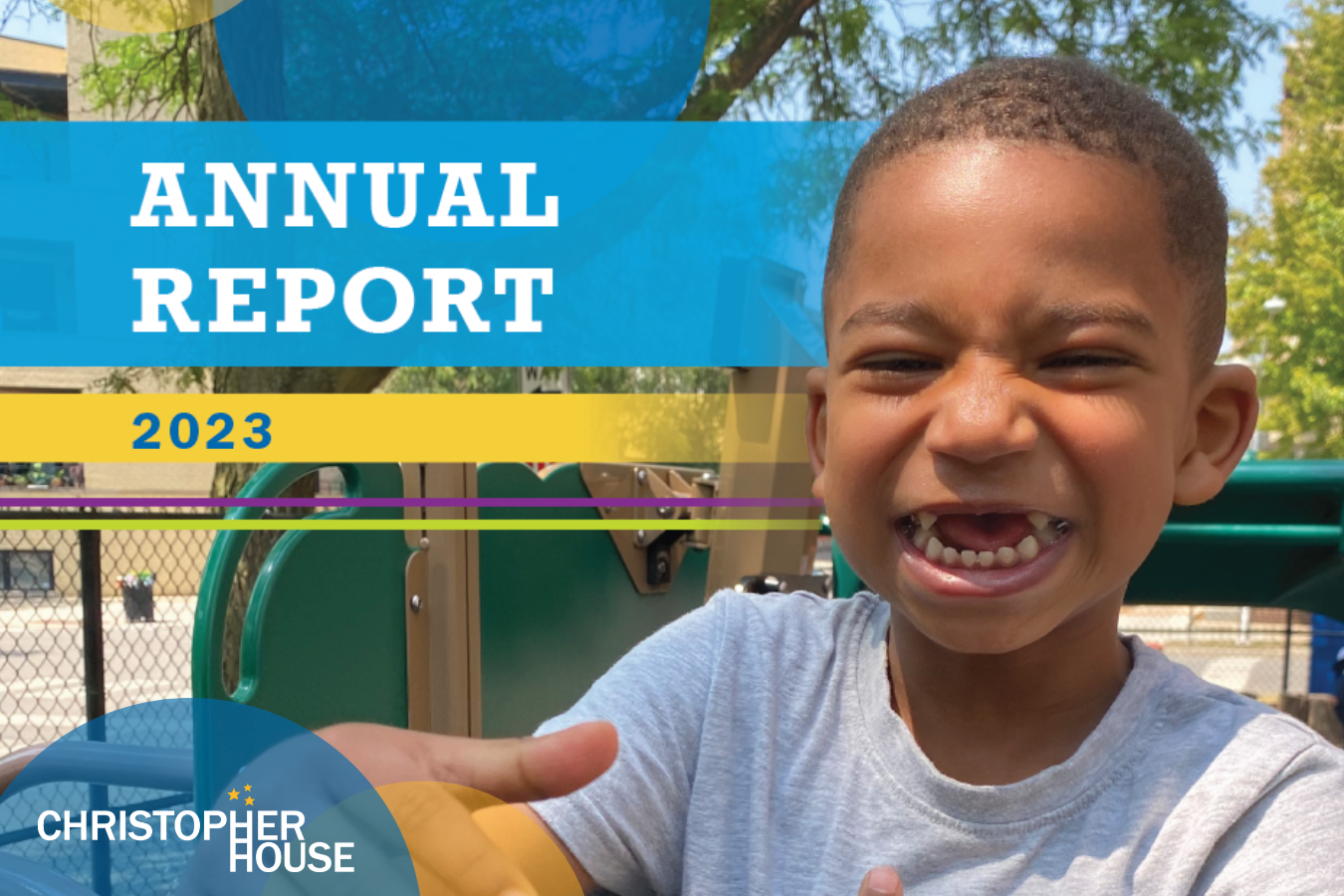
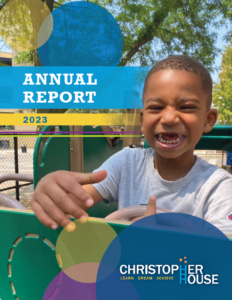
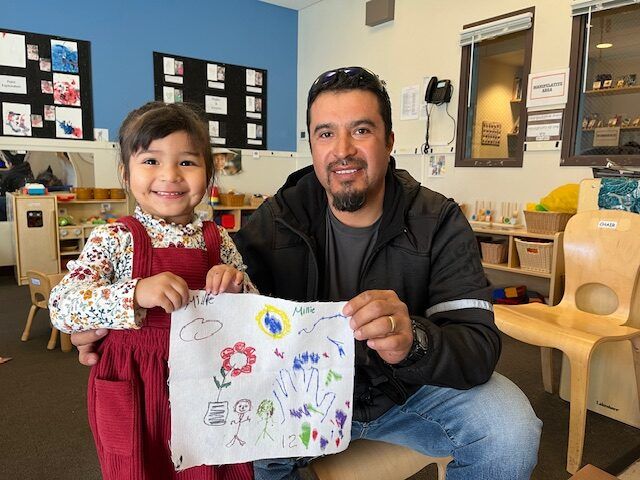
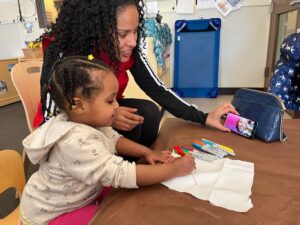 “Our hope was to create an activity that allows parents and children to enjoy an experience together in a school setting. It was truly a joy to see everyone, both fathers and the students, excited to create something together,” Glenna shared. “One of my students’ fathers could not join us for the activity because he is currently in Ethiopia. The family did not want their child to miss out on the experience, so my student’s mother came, propped up her phone, and facetimed him so he could be present for the project. It was really a special moment. Another father, while reflecting on his experience, even said to me, ‘It was one of my proudest moments as a parent.’”
“Our hope was to create an activity that allows parents and children to enjoy an experience together in a school setting. It was truly a joy to see everyone, both fathers and the students, excited to create something together,” Glenna shared. “One of my students’ fathers could not join us for the activity because he is currently in Ethiopia. The family did not want their child to miss out on the experience, so my student’s mother came, propped up her phone, and facetimed him so he could be present for the project. It was really a special moment. Another father, while reflecting on his experience, even said to me, ‘It was one of my proudest moments as a parent.’”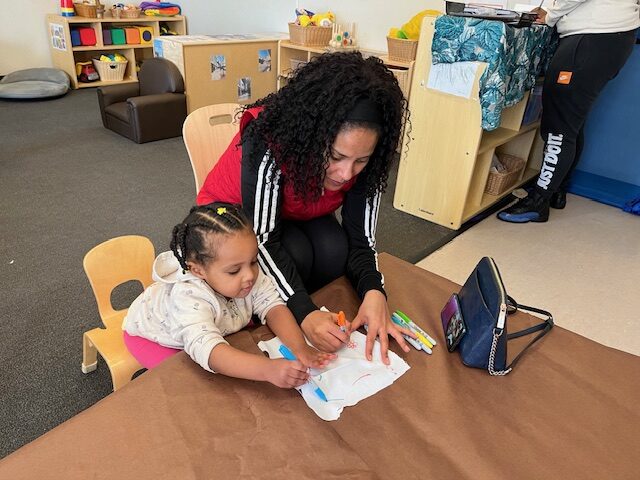
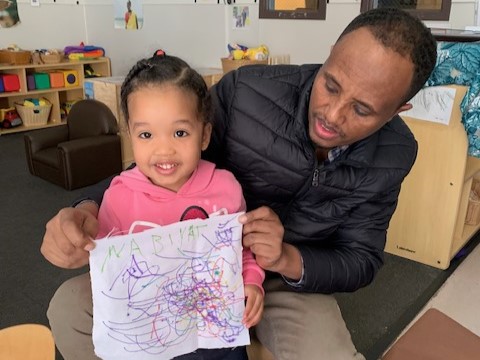
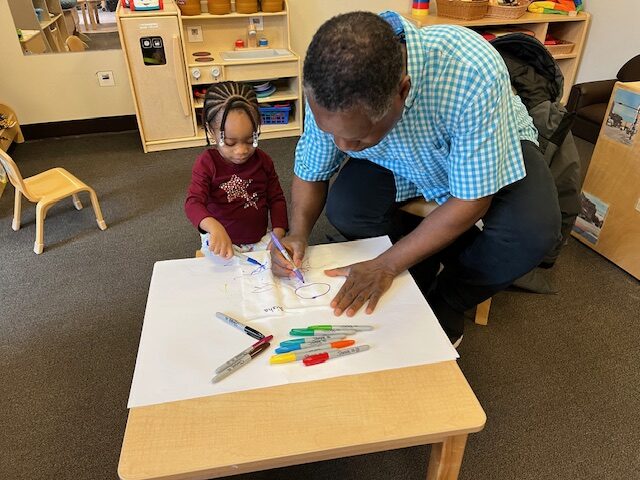
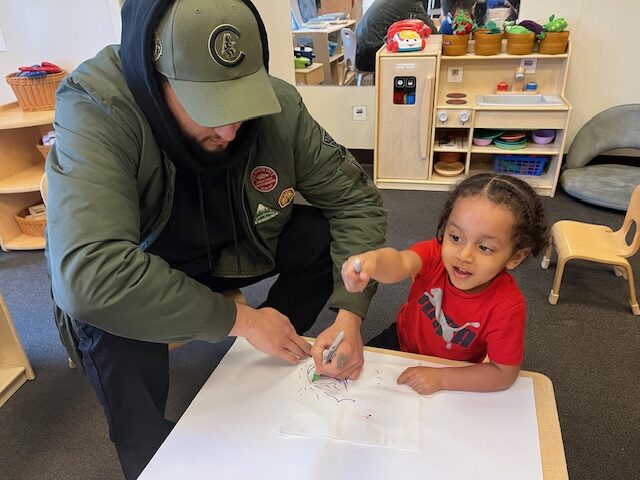
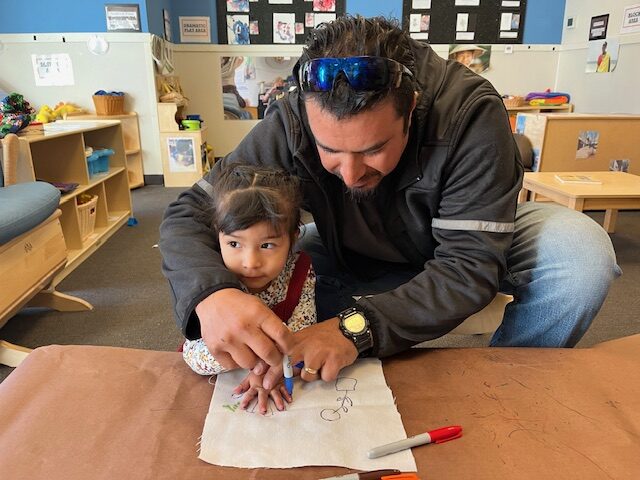
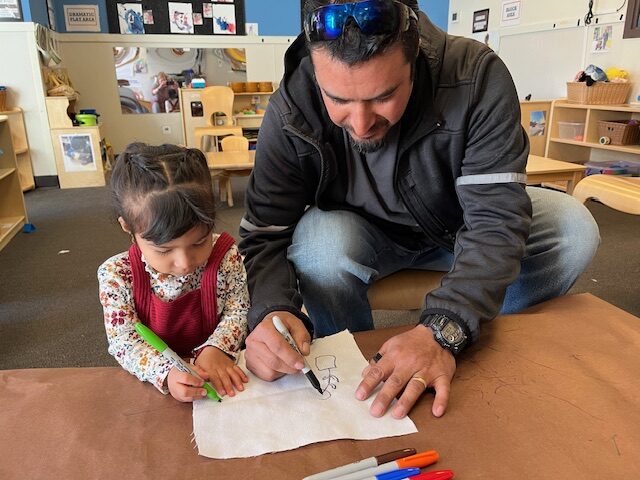
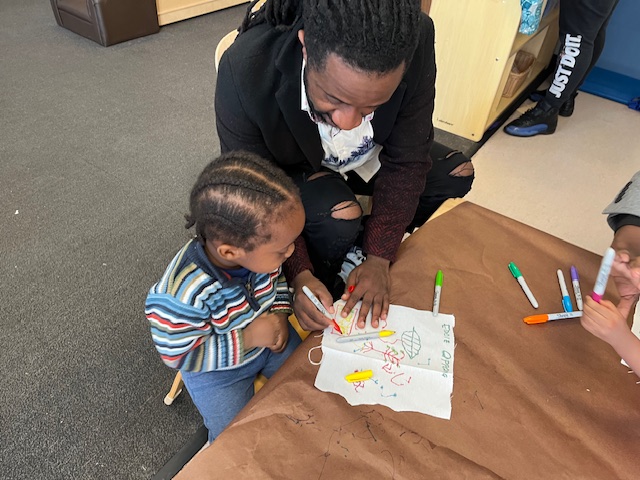
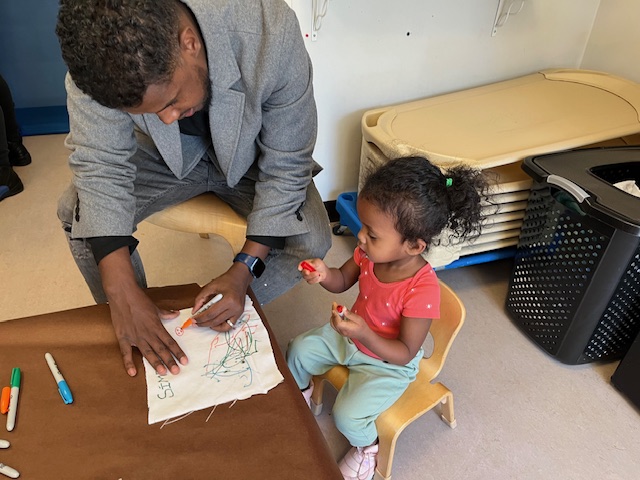
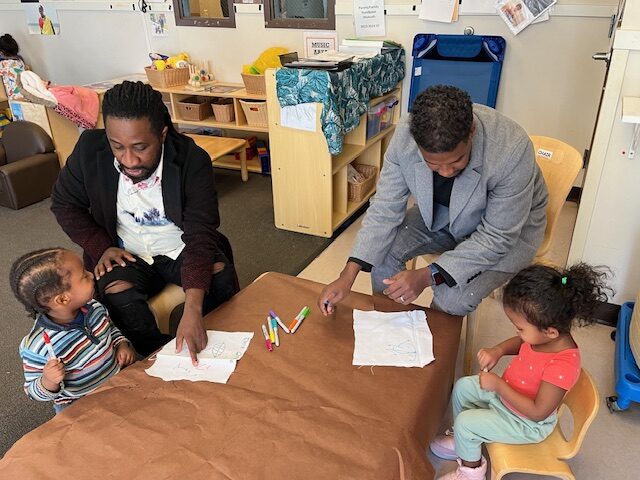
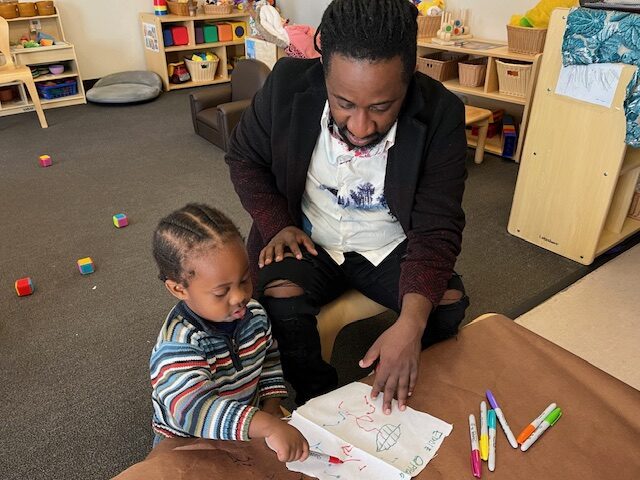
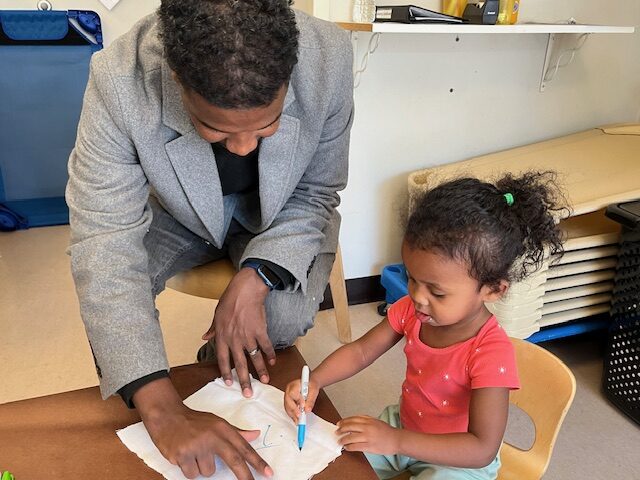

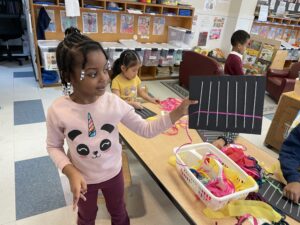 “Celebrating Black History Month says, ‘We care about our Black scholars and the Black Americans who have helped shape our country. It says both you and those who came before you are worth celebrating.’ It creates a sense of belonging for our Black scholars and helps our other scholars learn to create an environment that celebrates history and culture, even if it’s not your own,” Adejumoke “Jummy” Akinbusuyi, Uptown Site Director, shared.
“Celebrating Black History Month says, ‘We care about our Black scholars and the Black Americans who have helped shape our country. It says both you and those who came before you are worth celebrating.’ It creates a sense of belonging for our Black scholars and helps our other scholars learn to create an environment that celebrates history and culture, even if it’s not your own,” Adejumoke “Jummy” Akinbusuyi, Uptown Site Director, shared.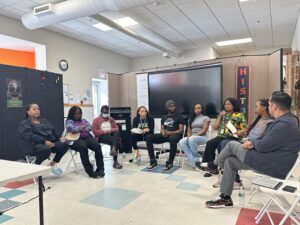 At the heart of these interactive and joyous activities is the teaching that our unique identities should be proudly expressed and celebrated at all stages of life. We create culturally rich, diverse, and inclusive environments that encourage our students to grow in appreciation and love for not only themselves, but for those around them by celebrating our community members’ authentic selves.
At the heart of these interactive and joyous activities is the teaching that our unique identities should be proudly expressed and celebrated at all stages of life. We create culturally rich, diverse, and inclusive environments that encourage our students to grow in appreciation and love for not only themselves, but for those around them by celebrating our community members’ authentic selves.